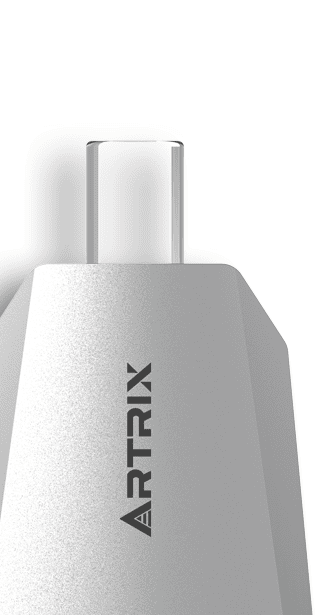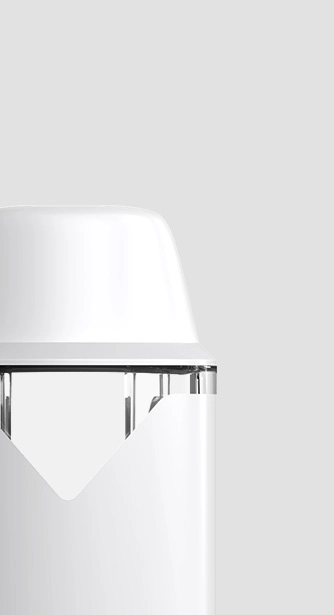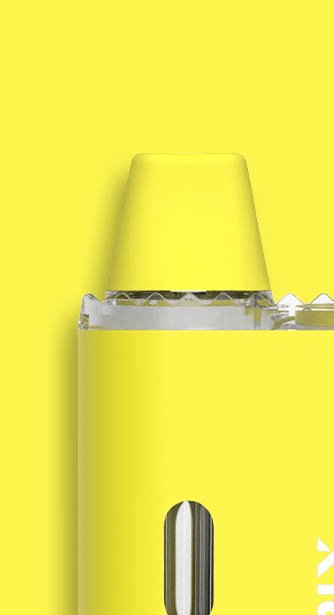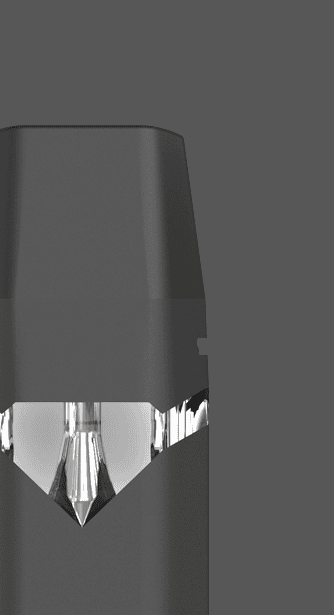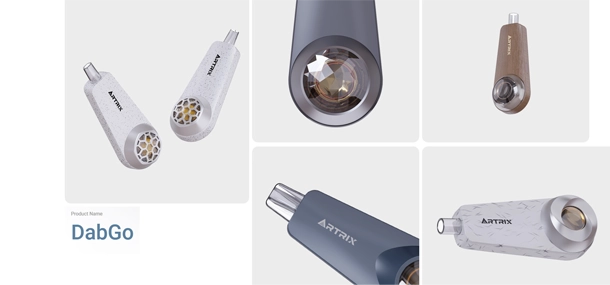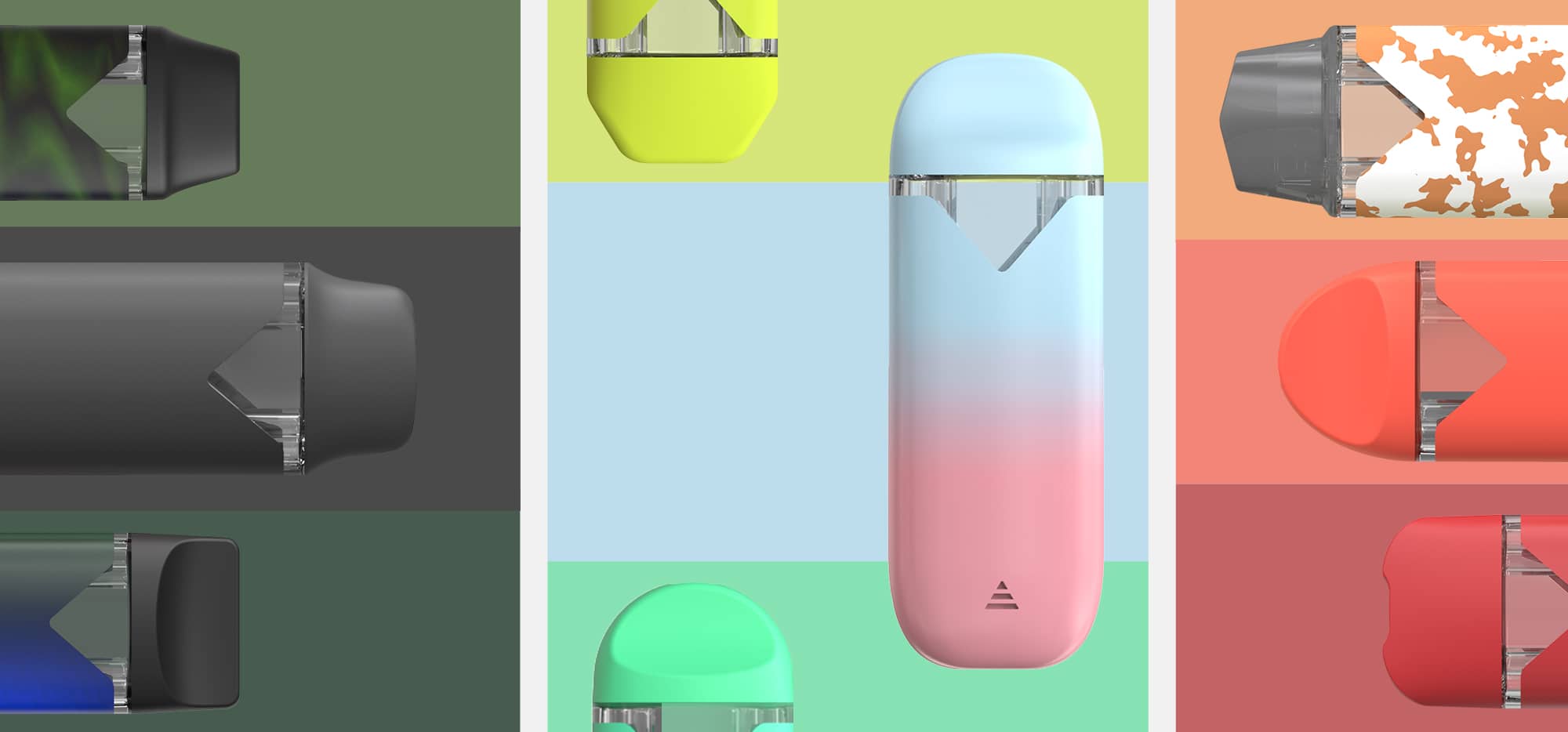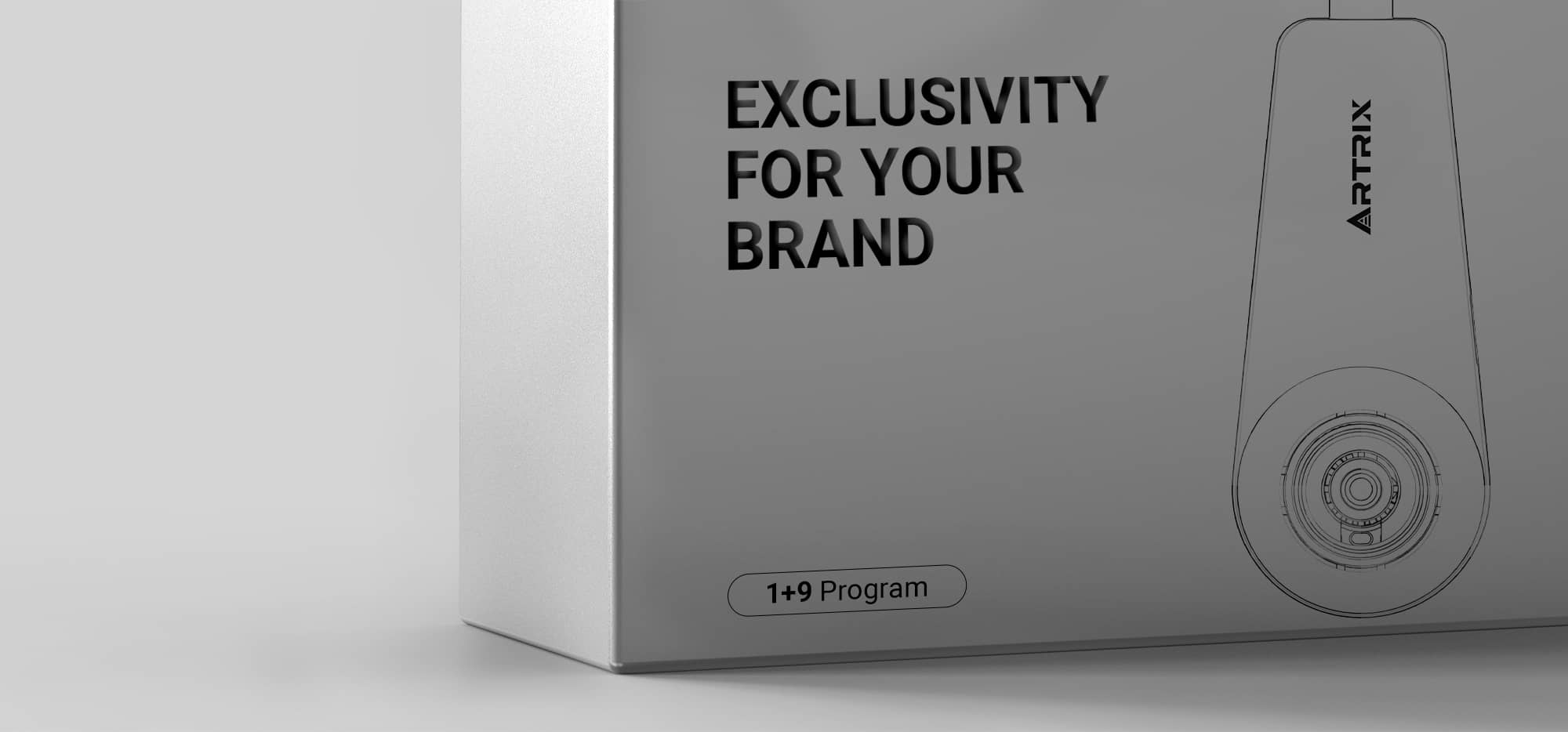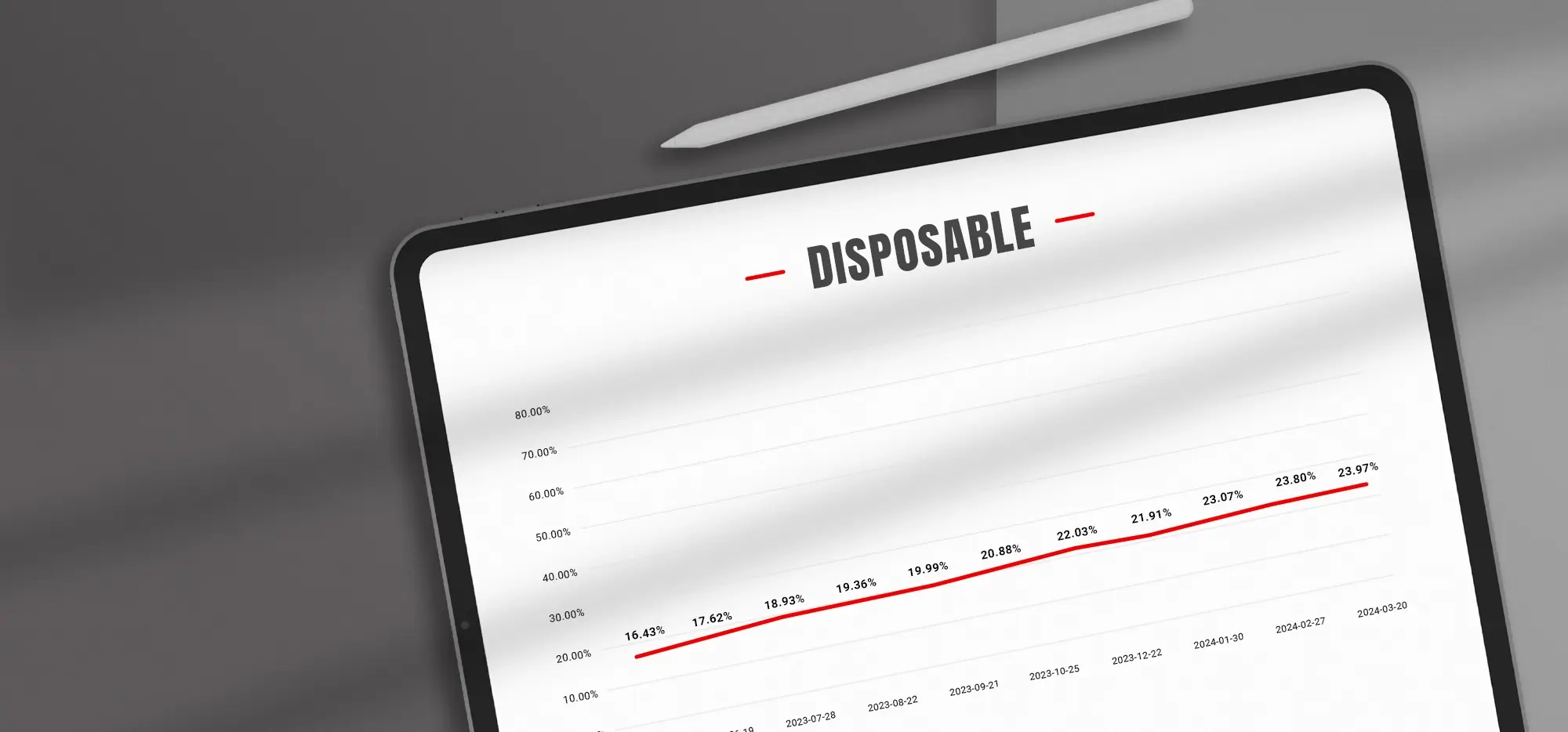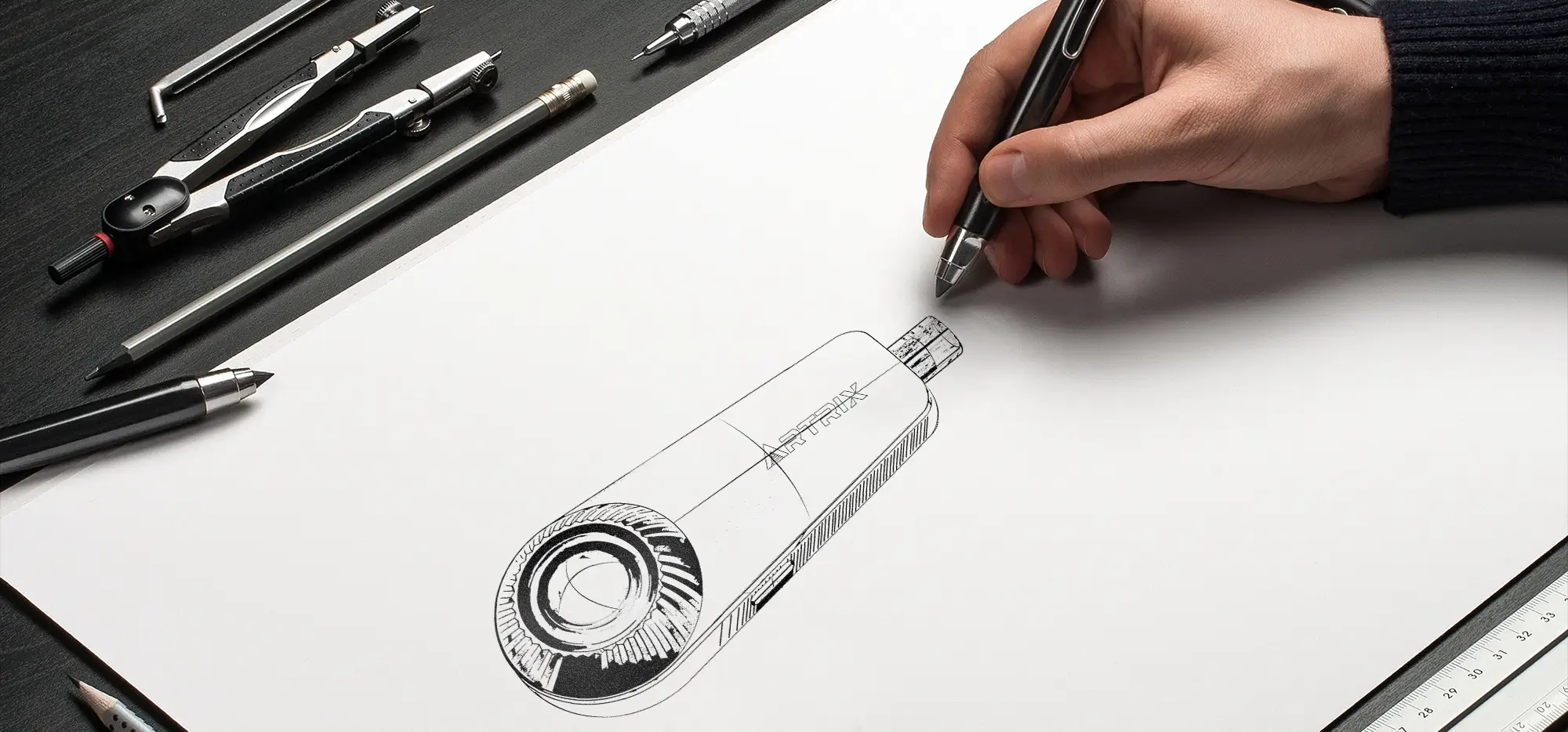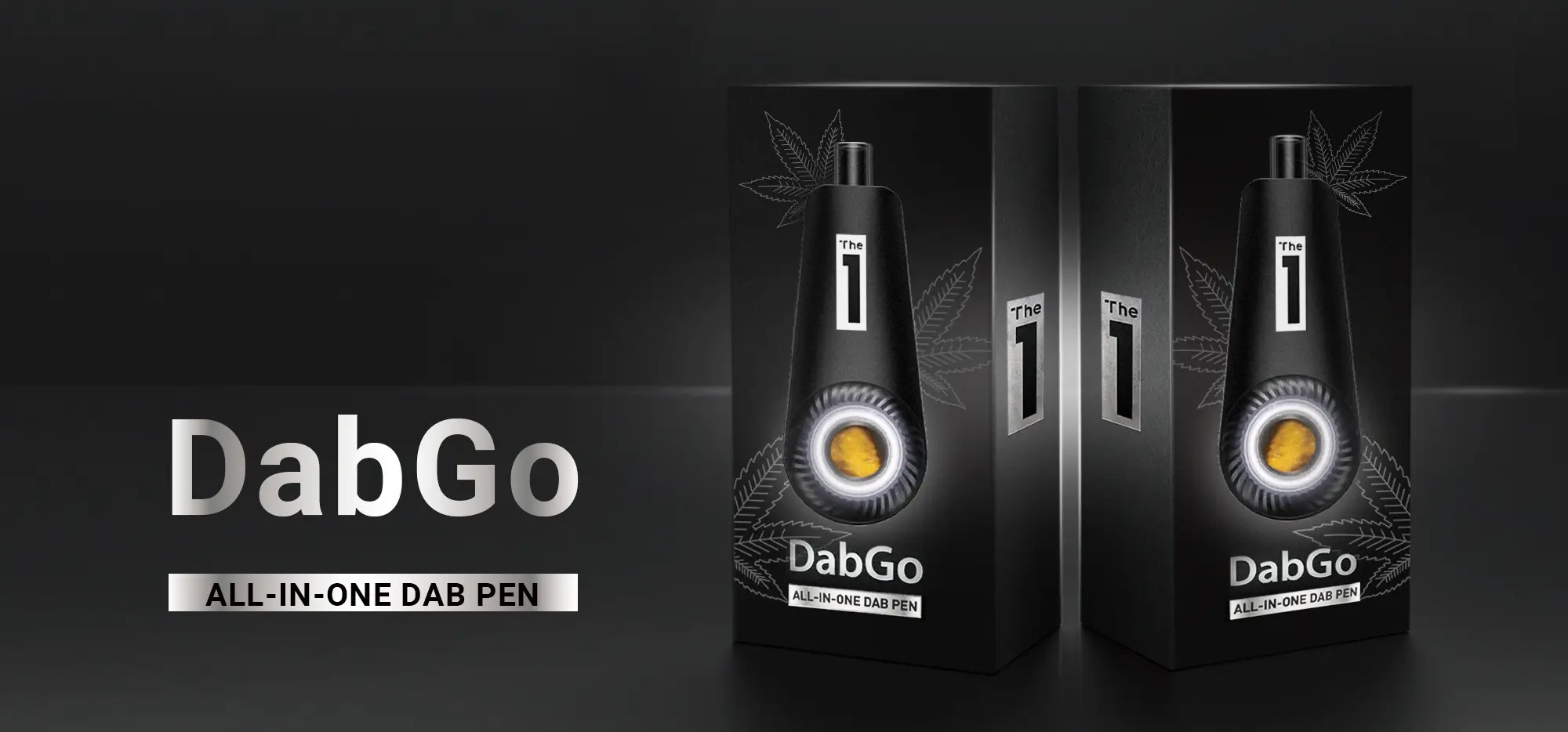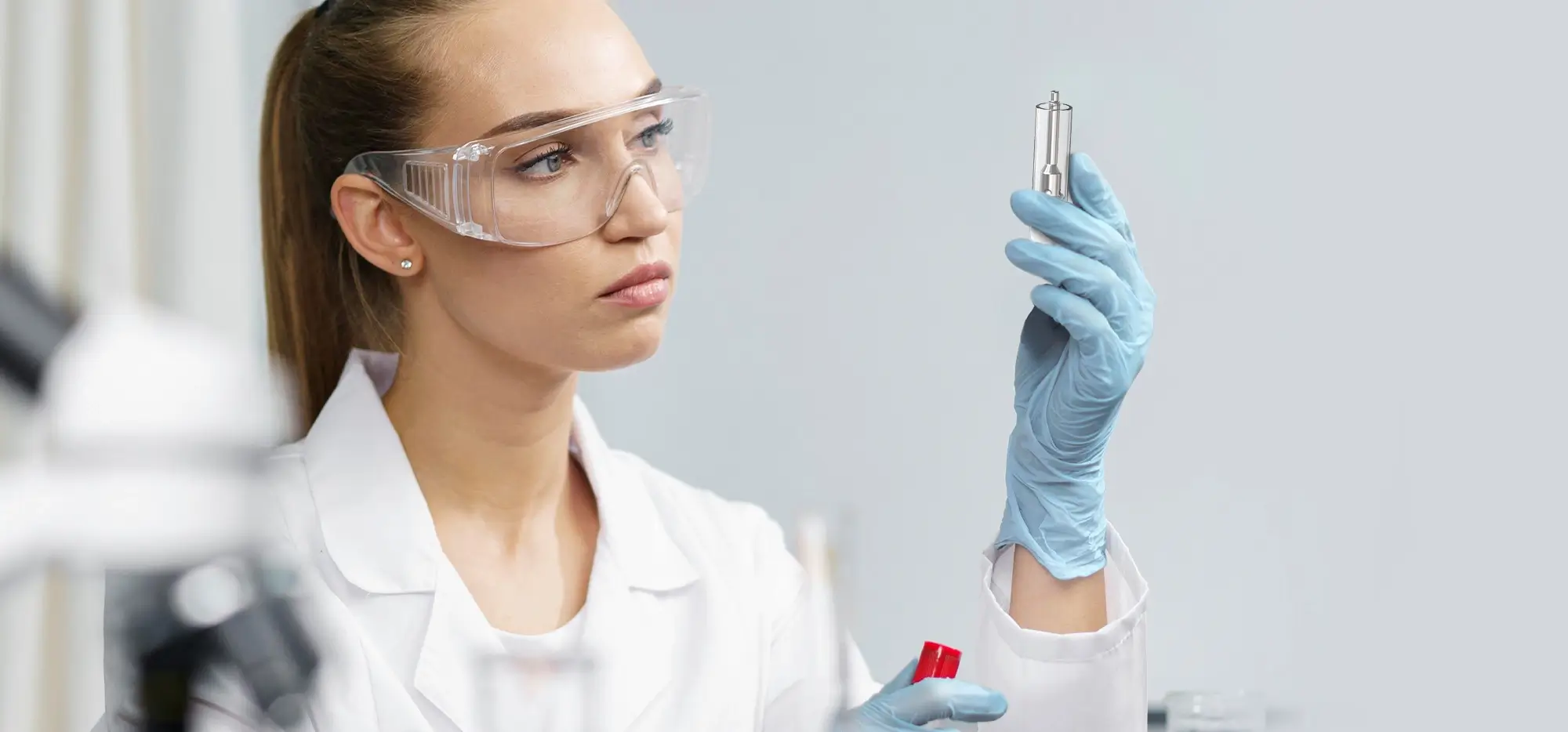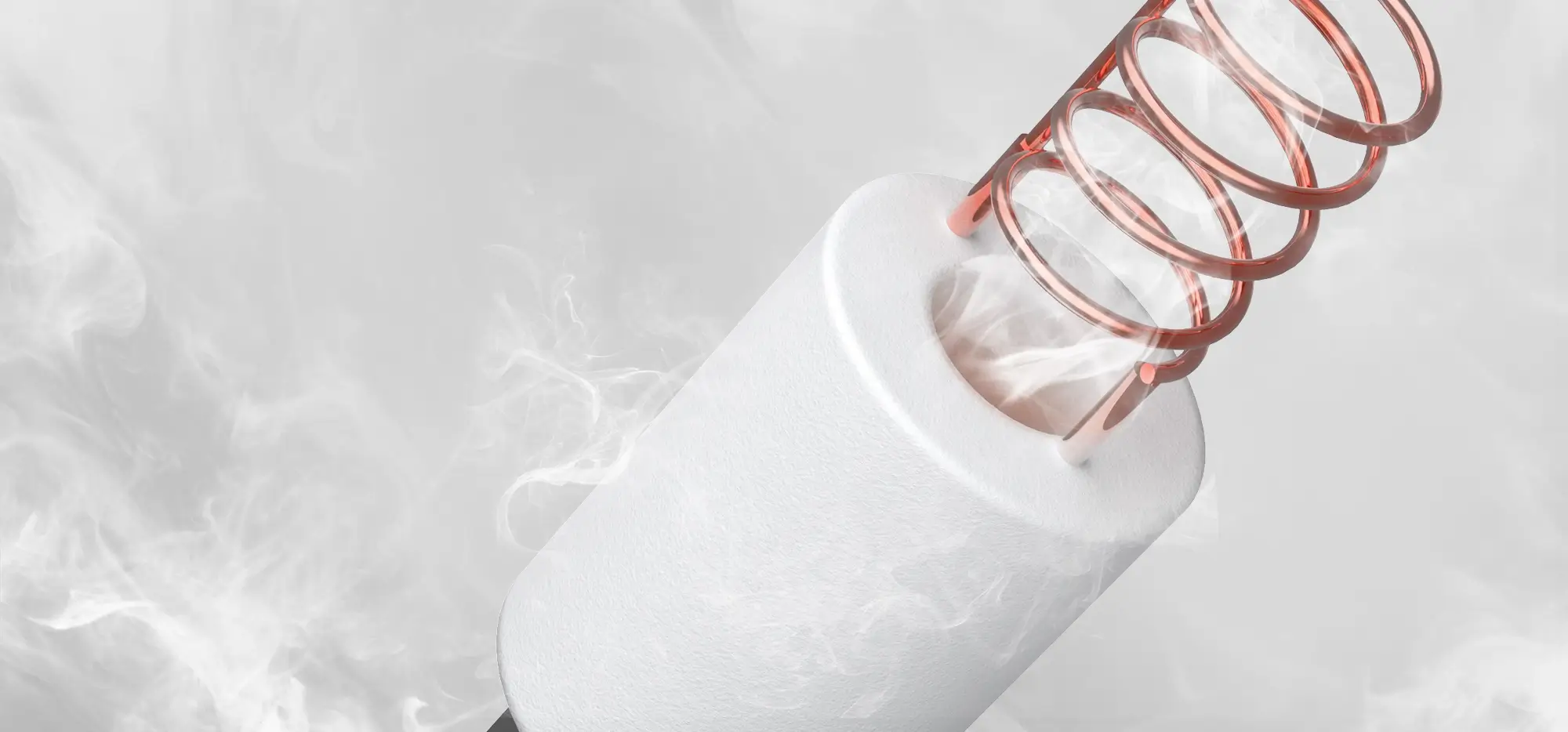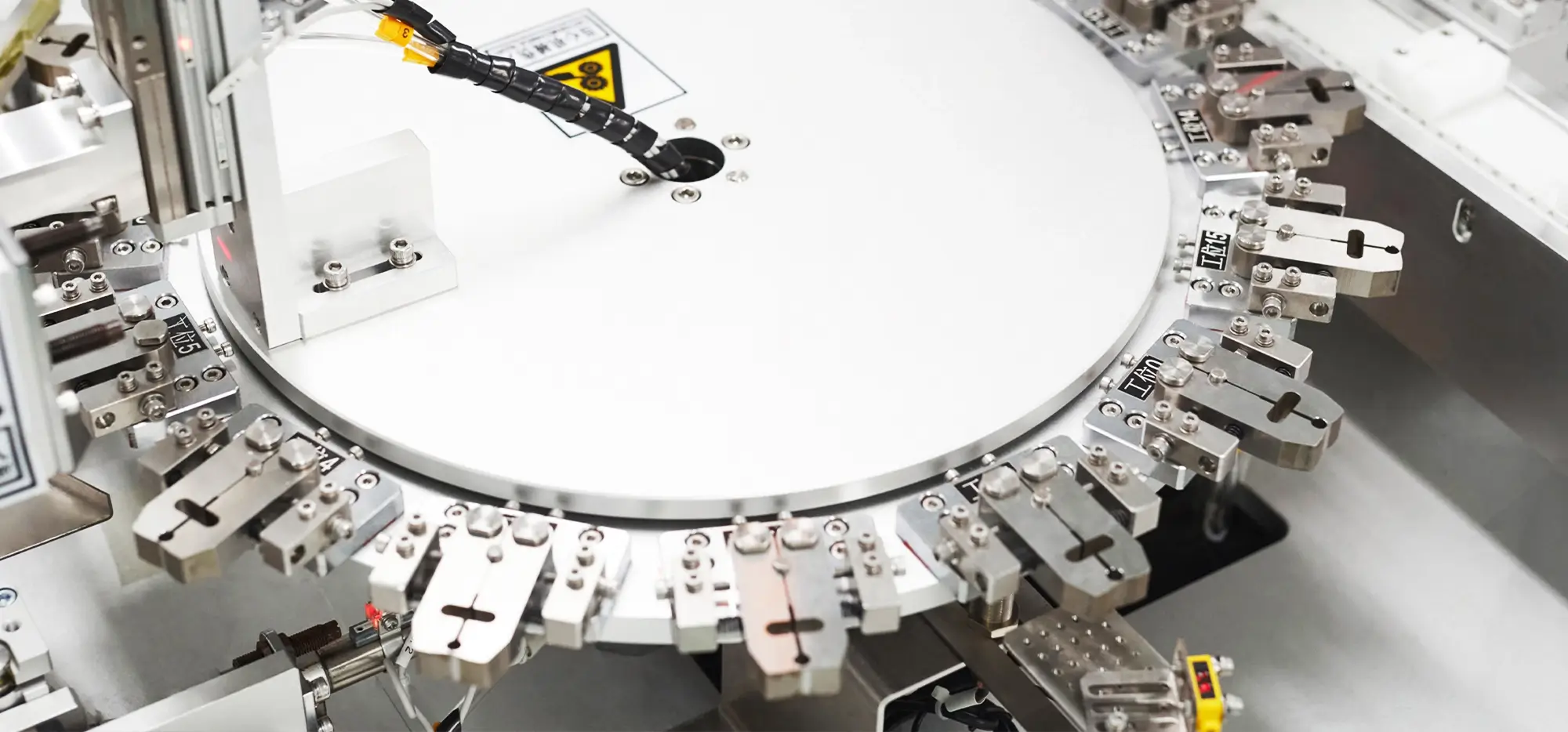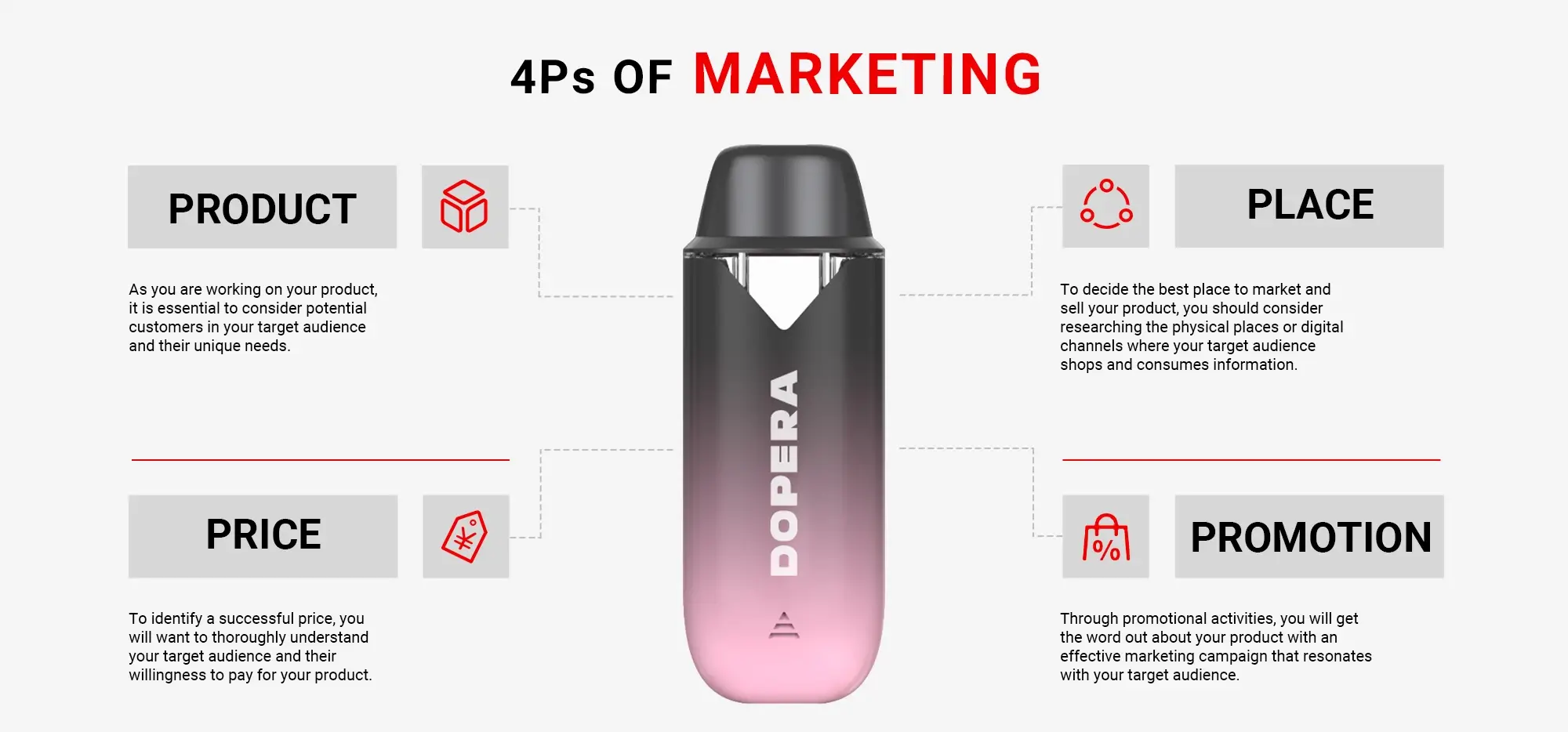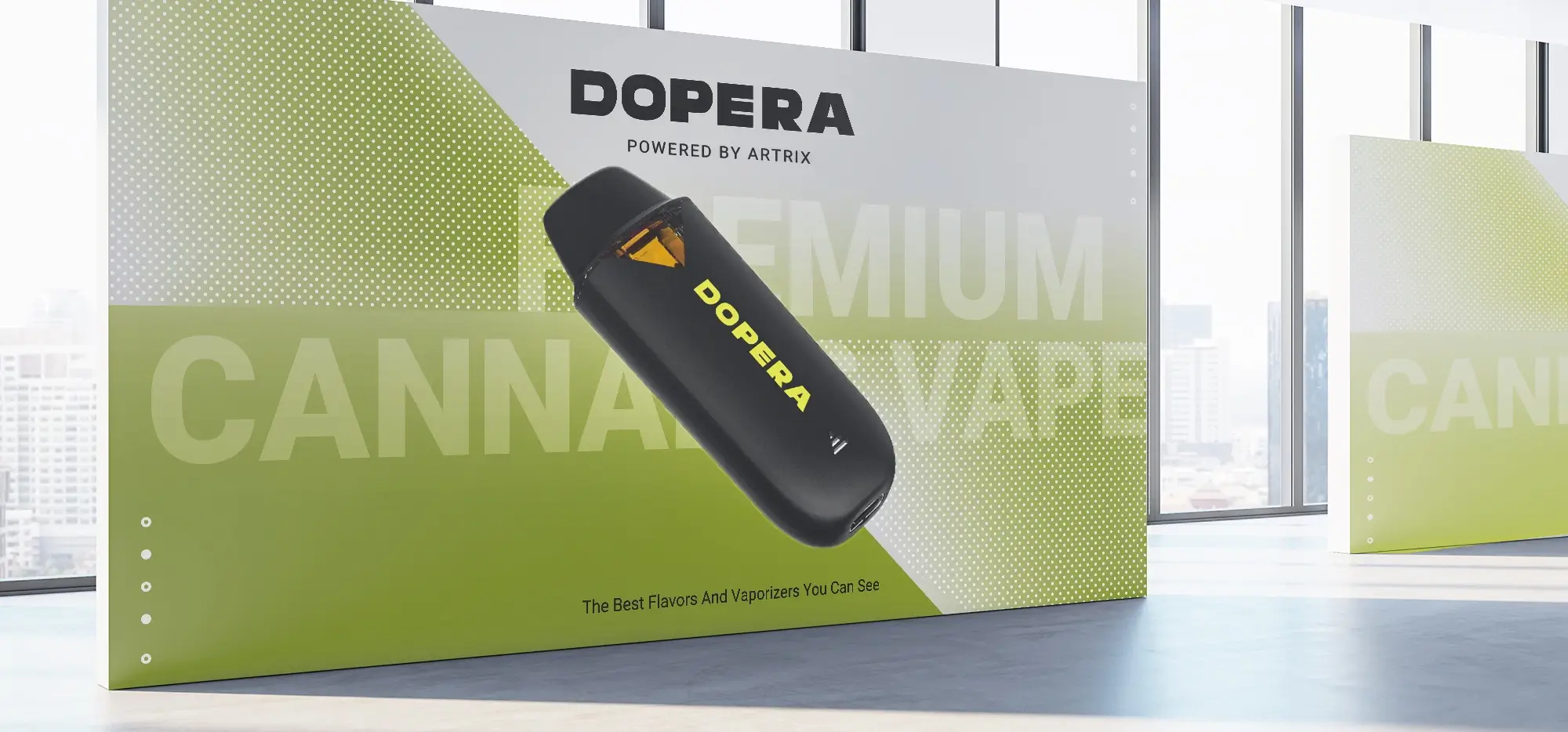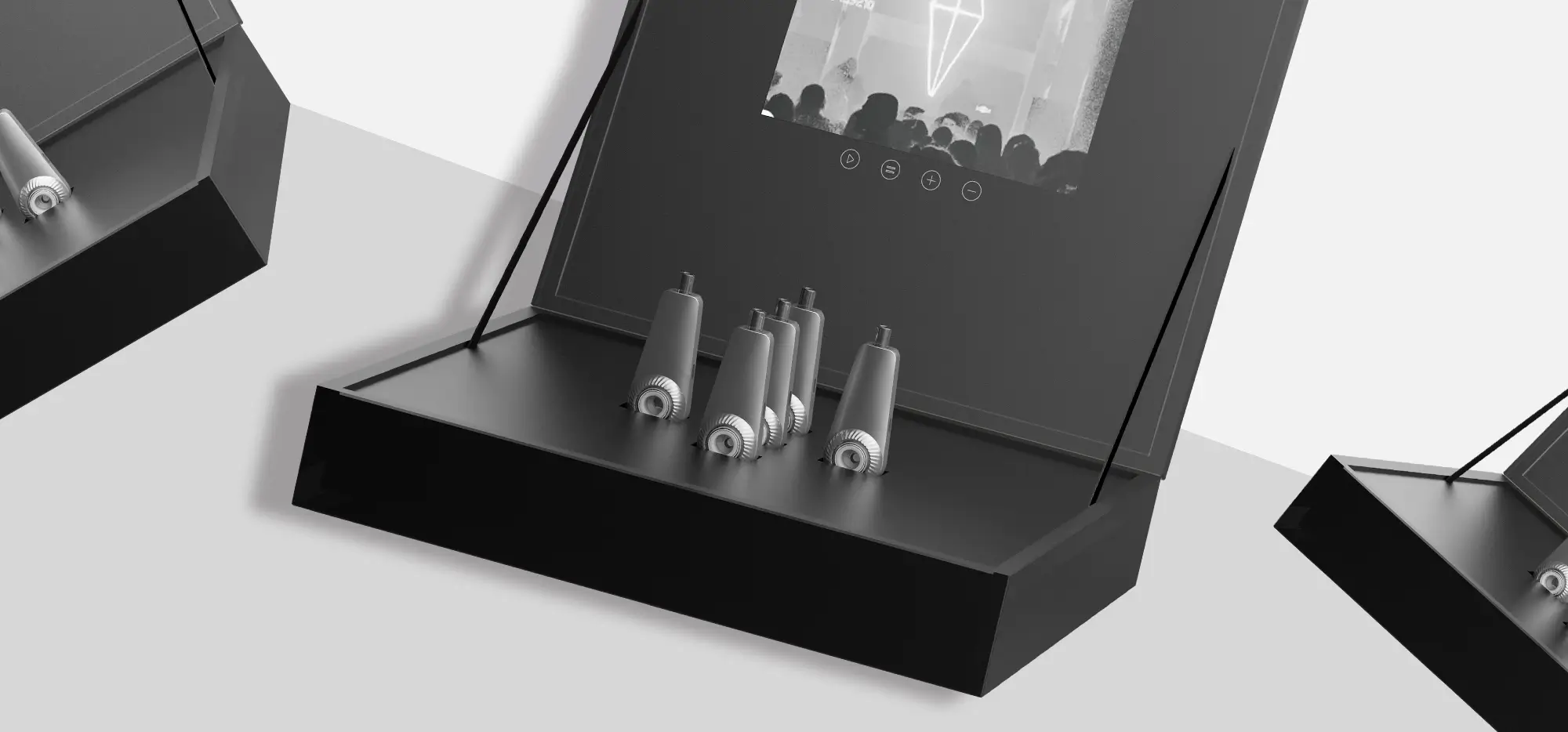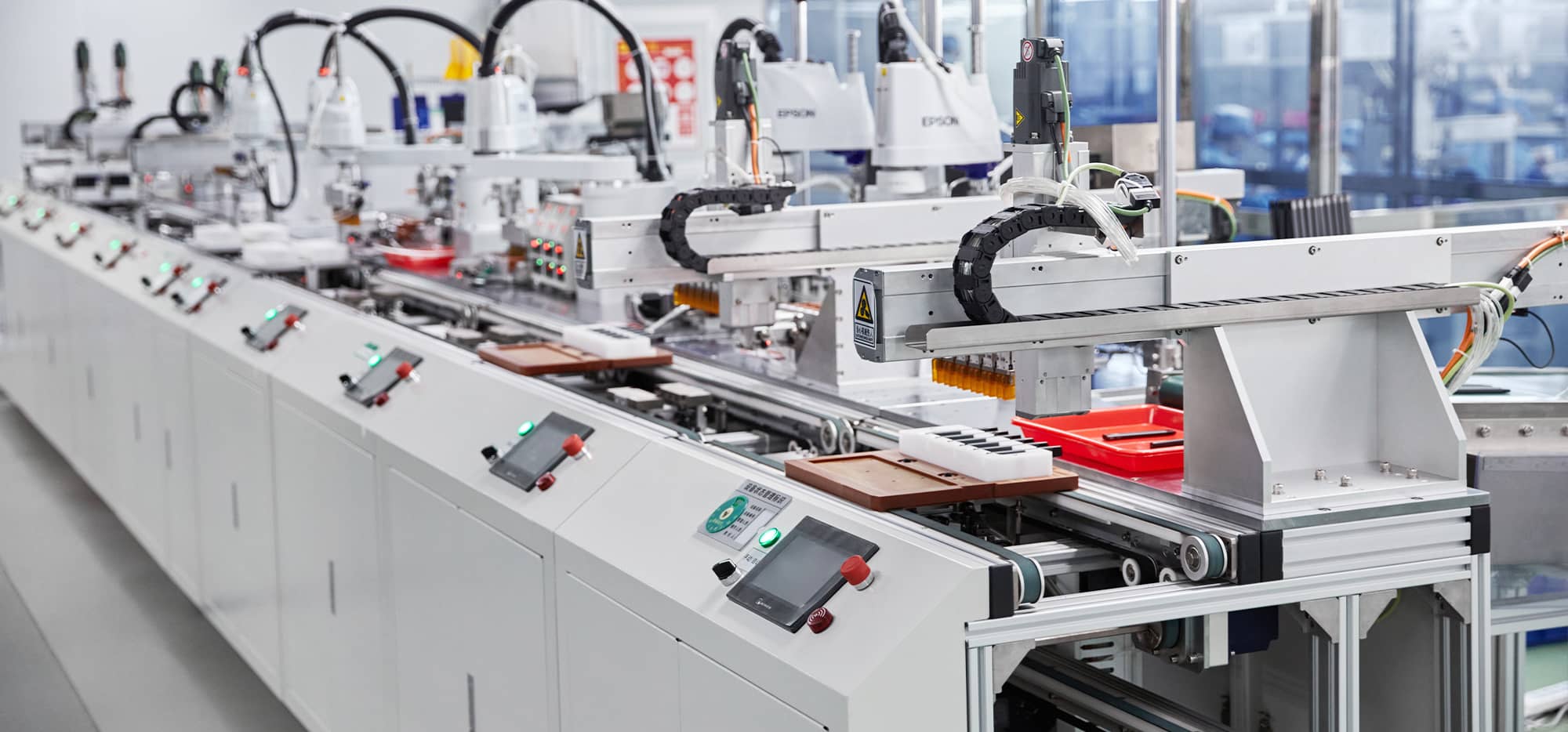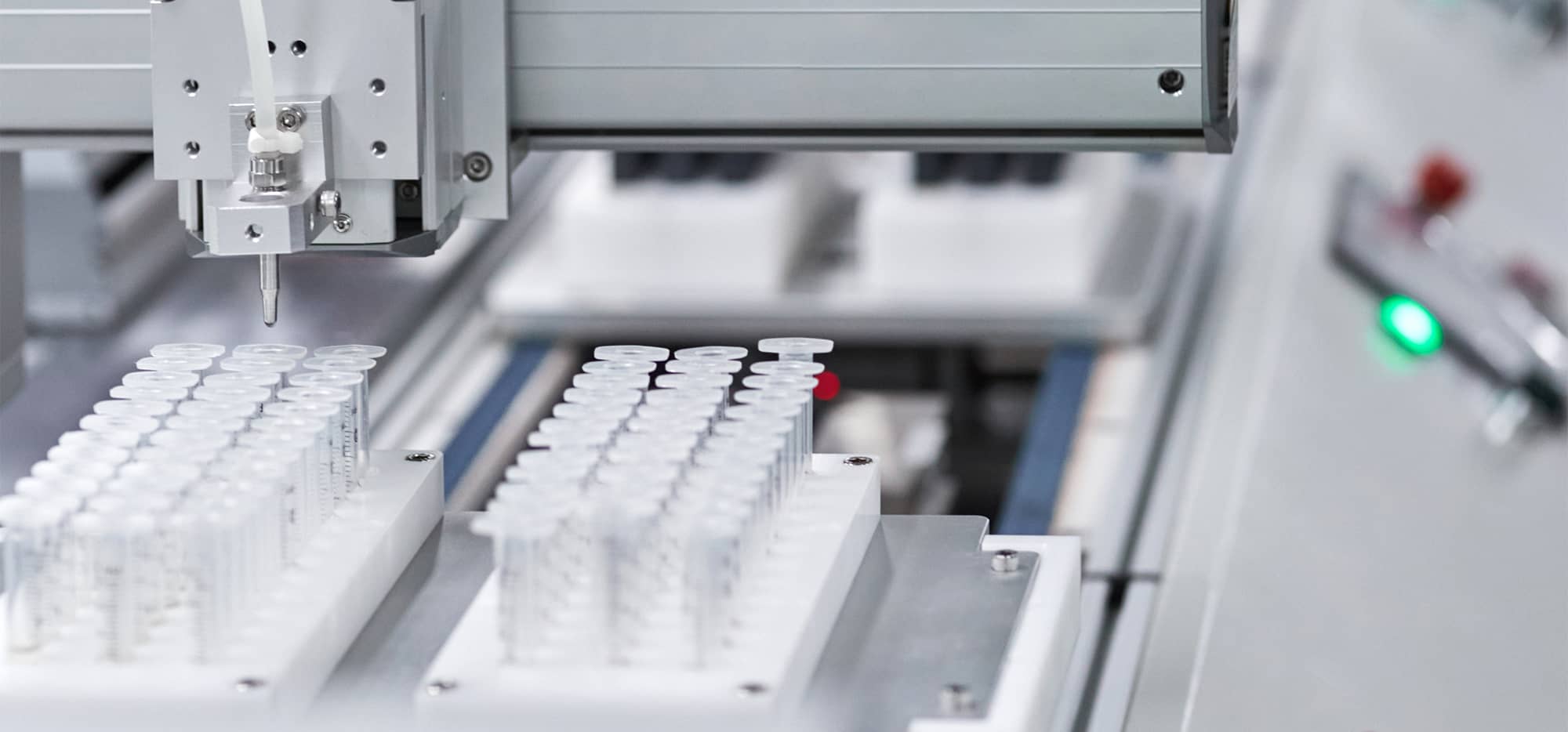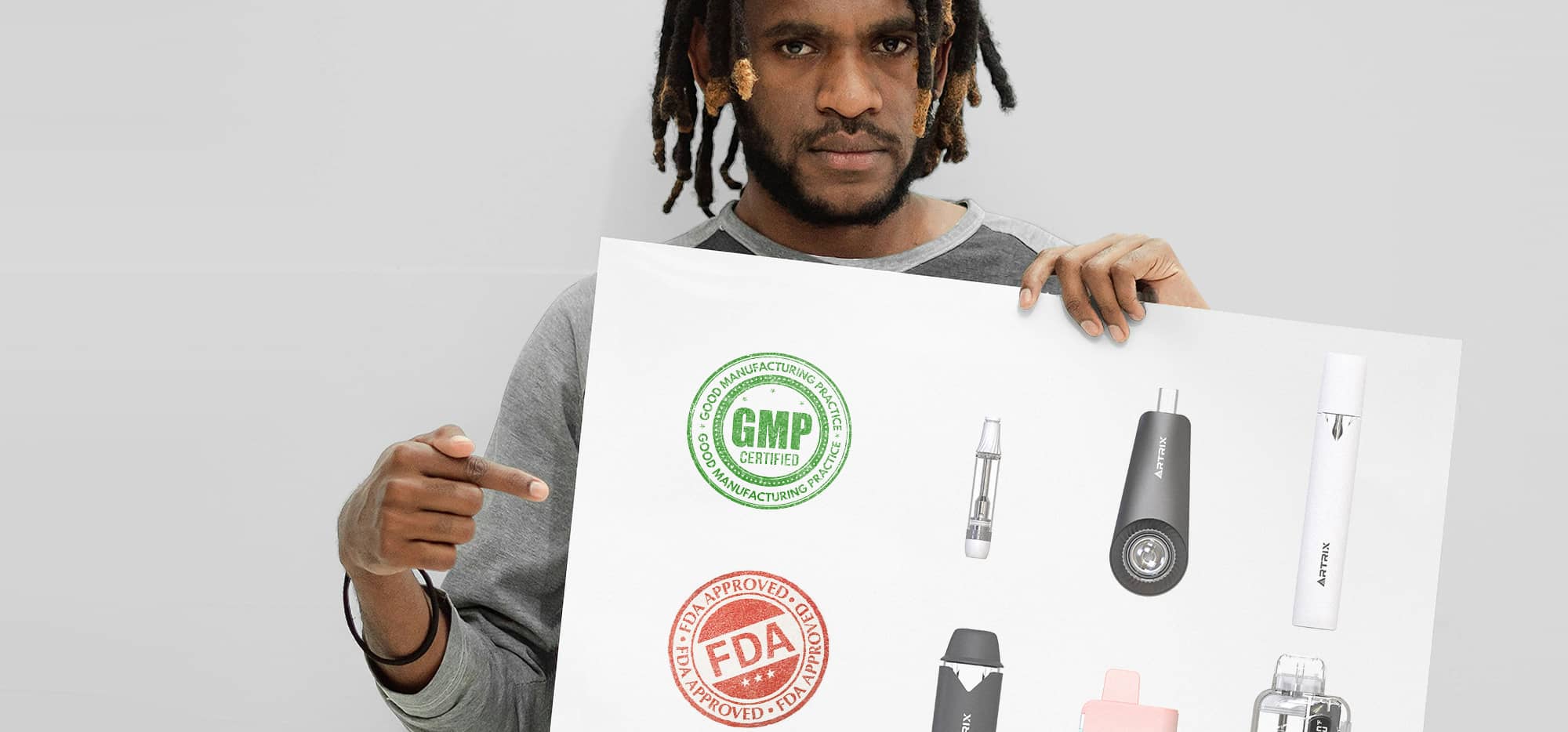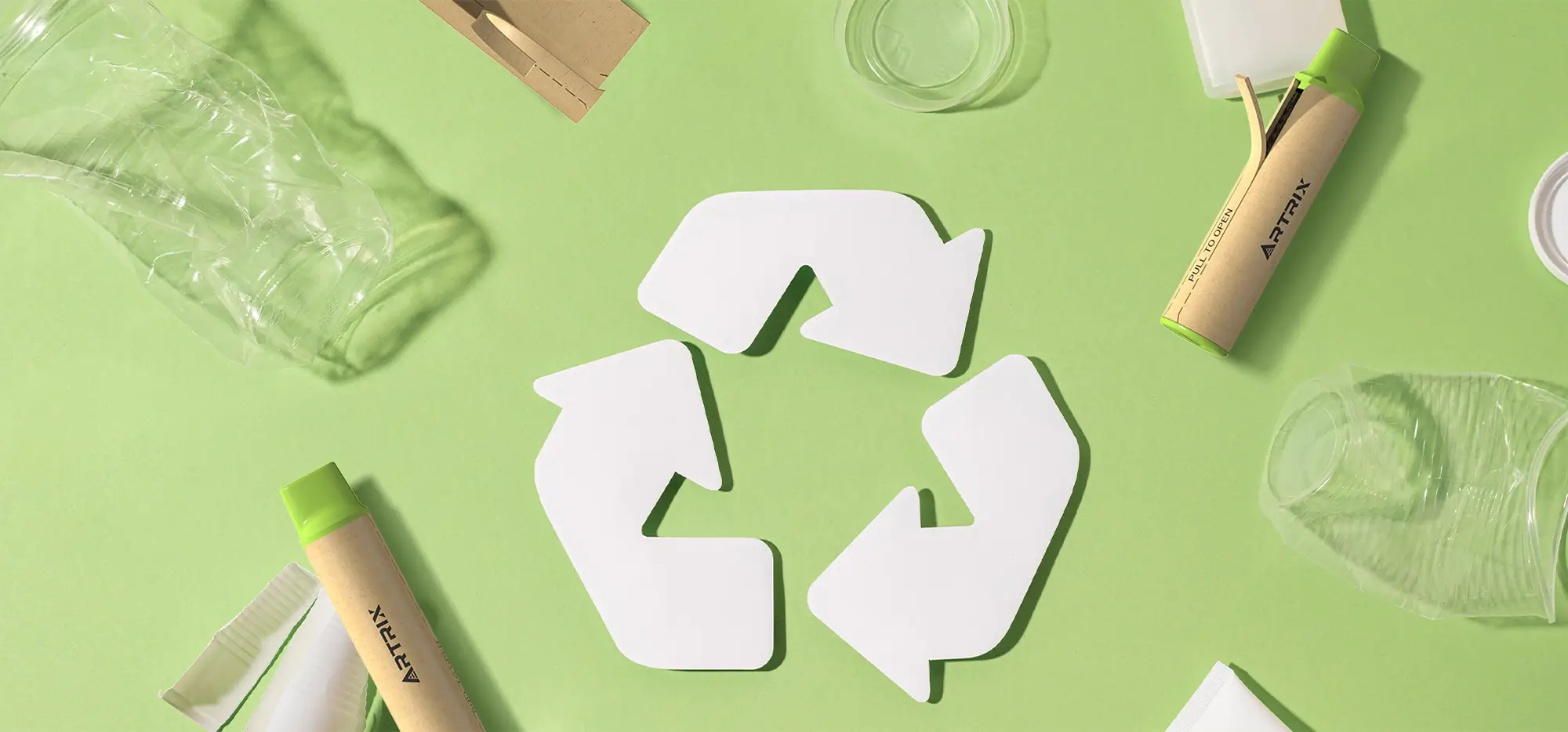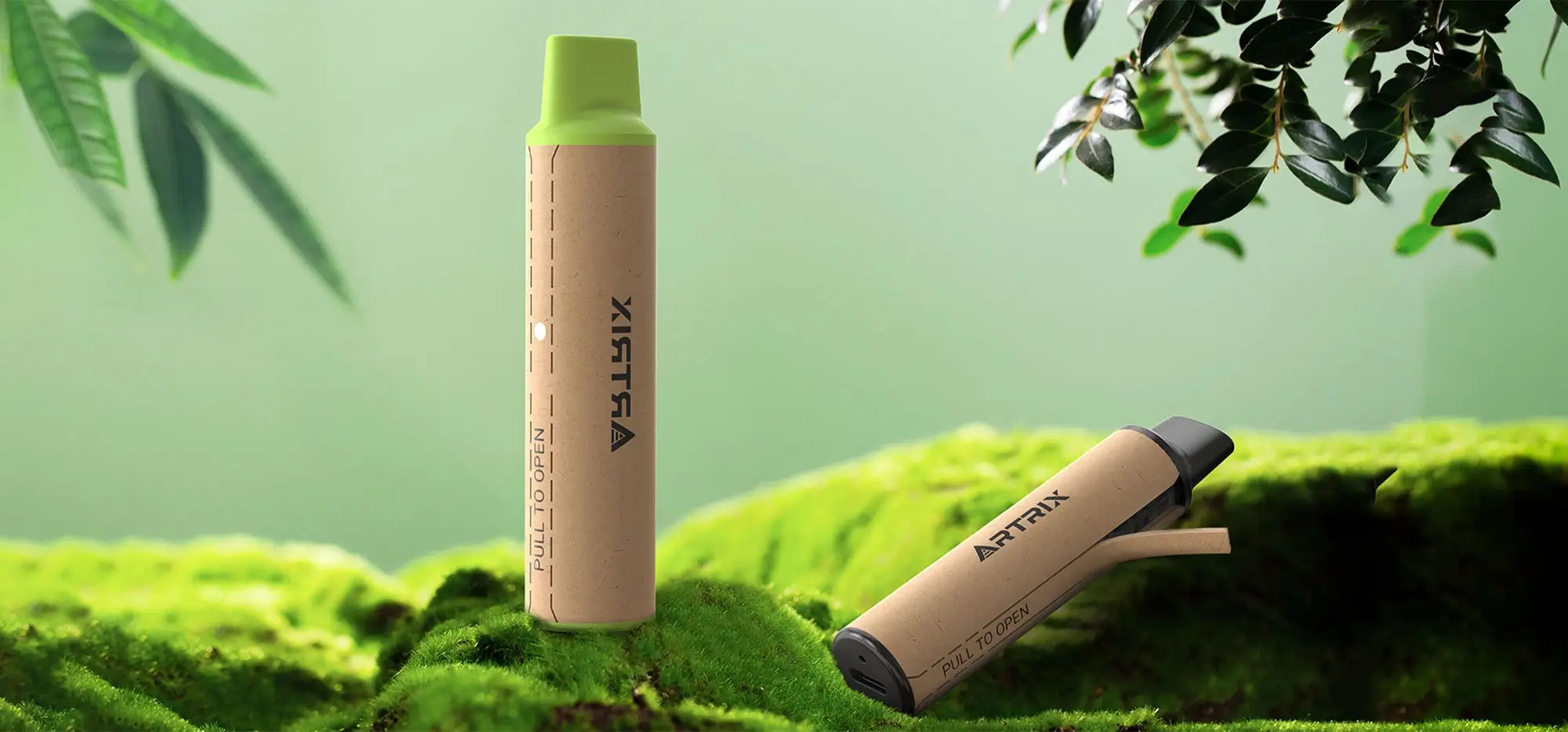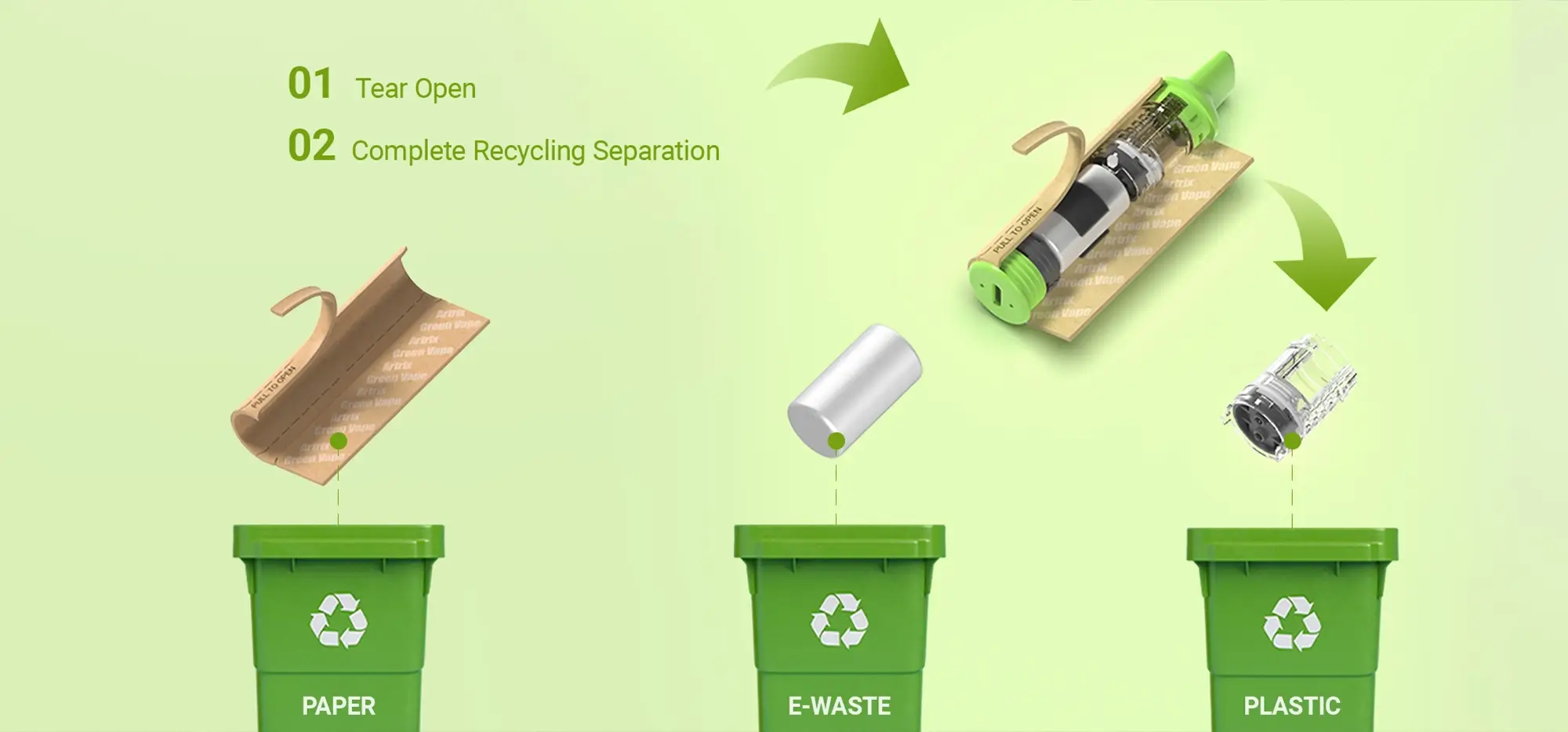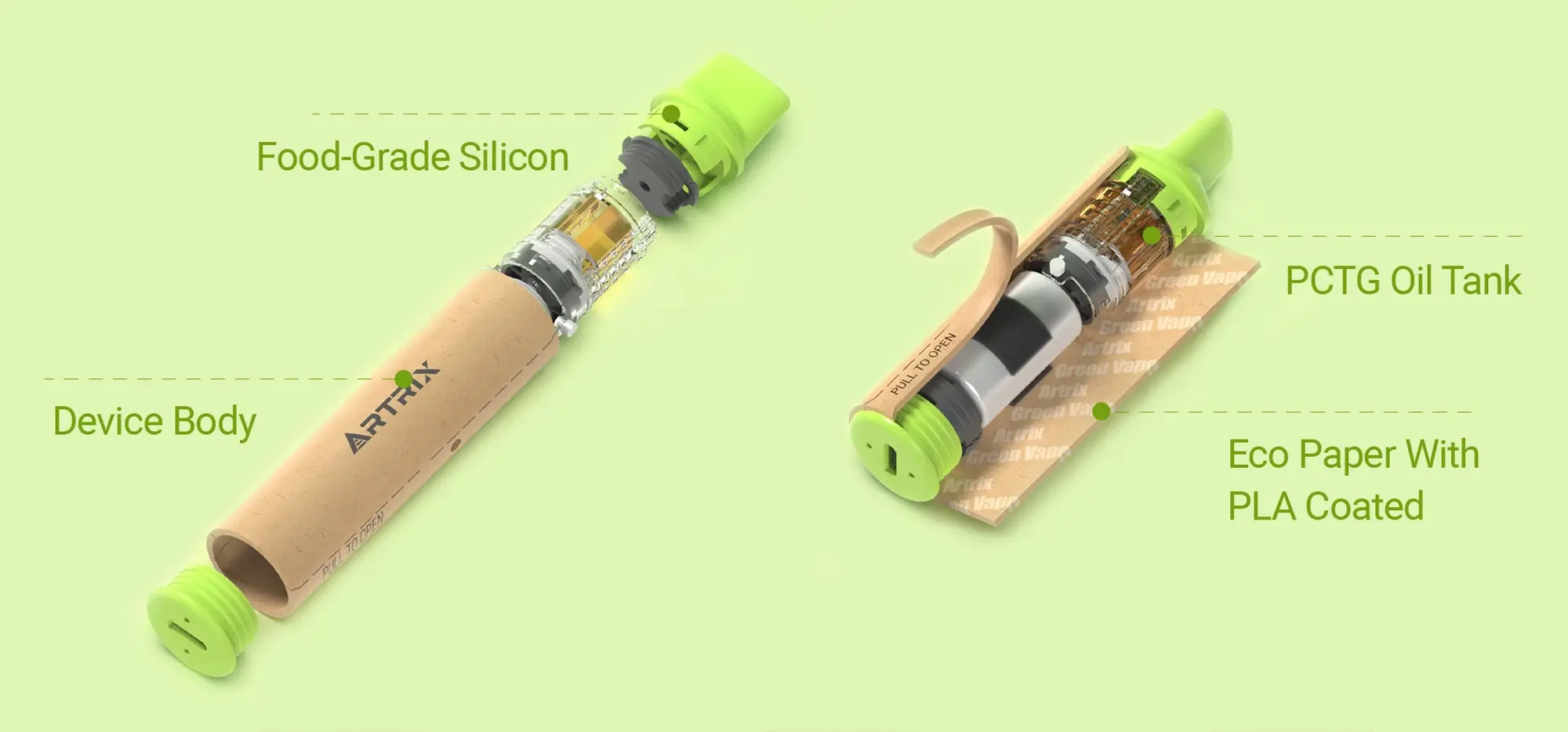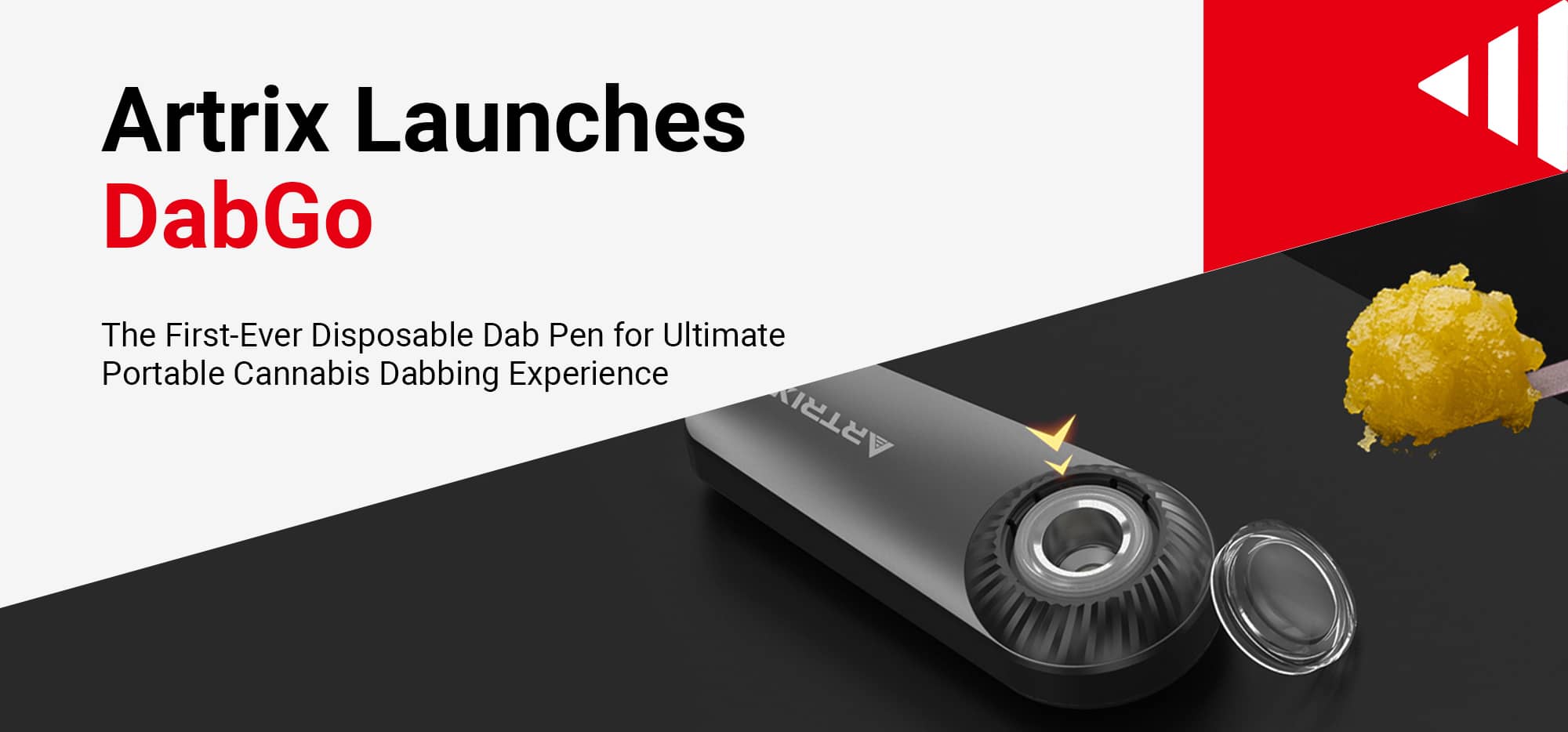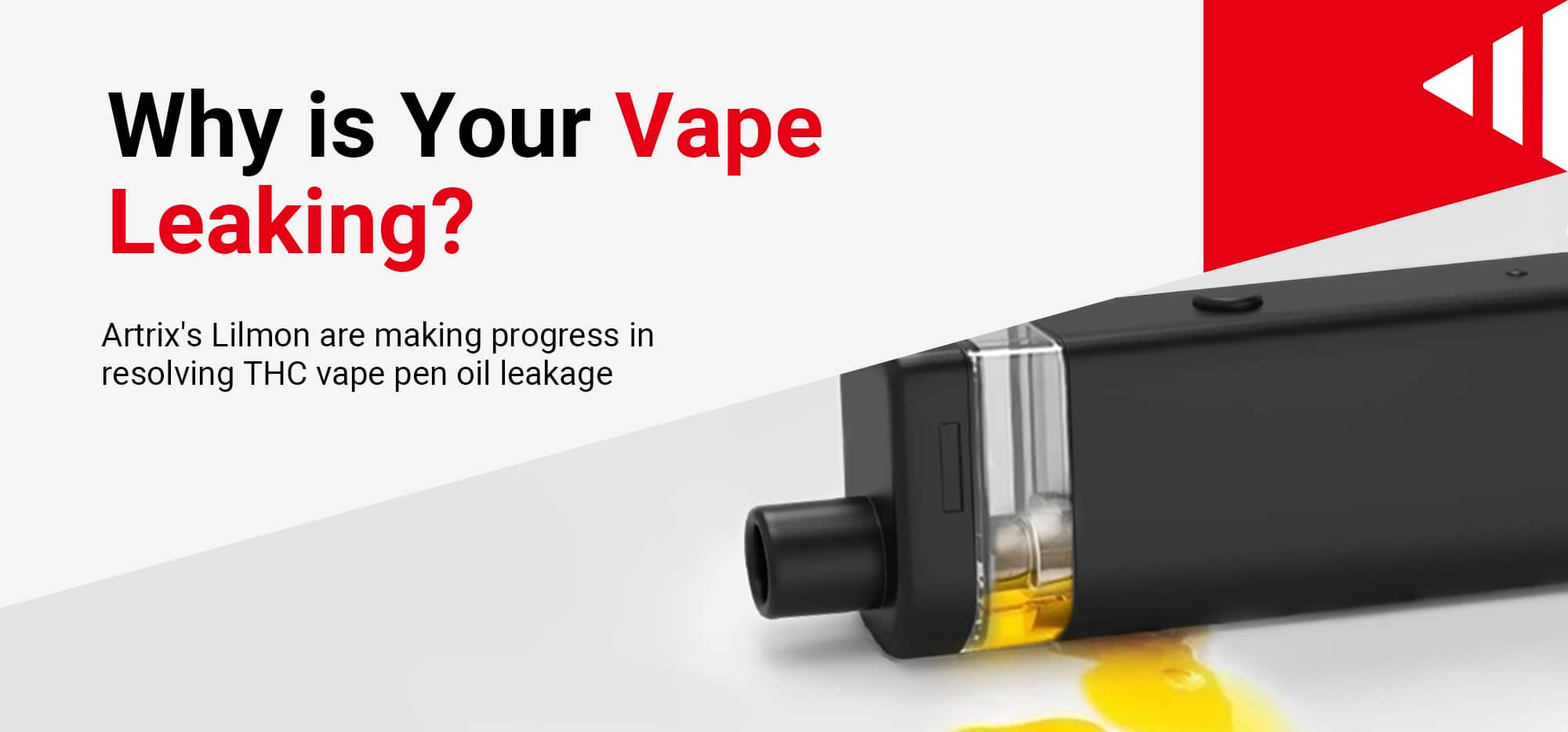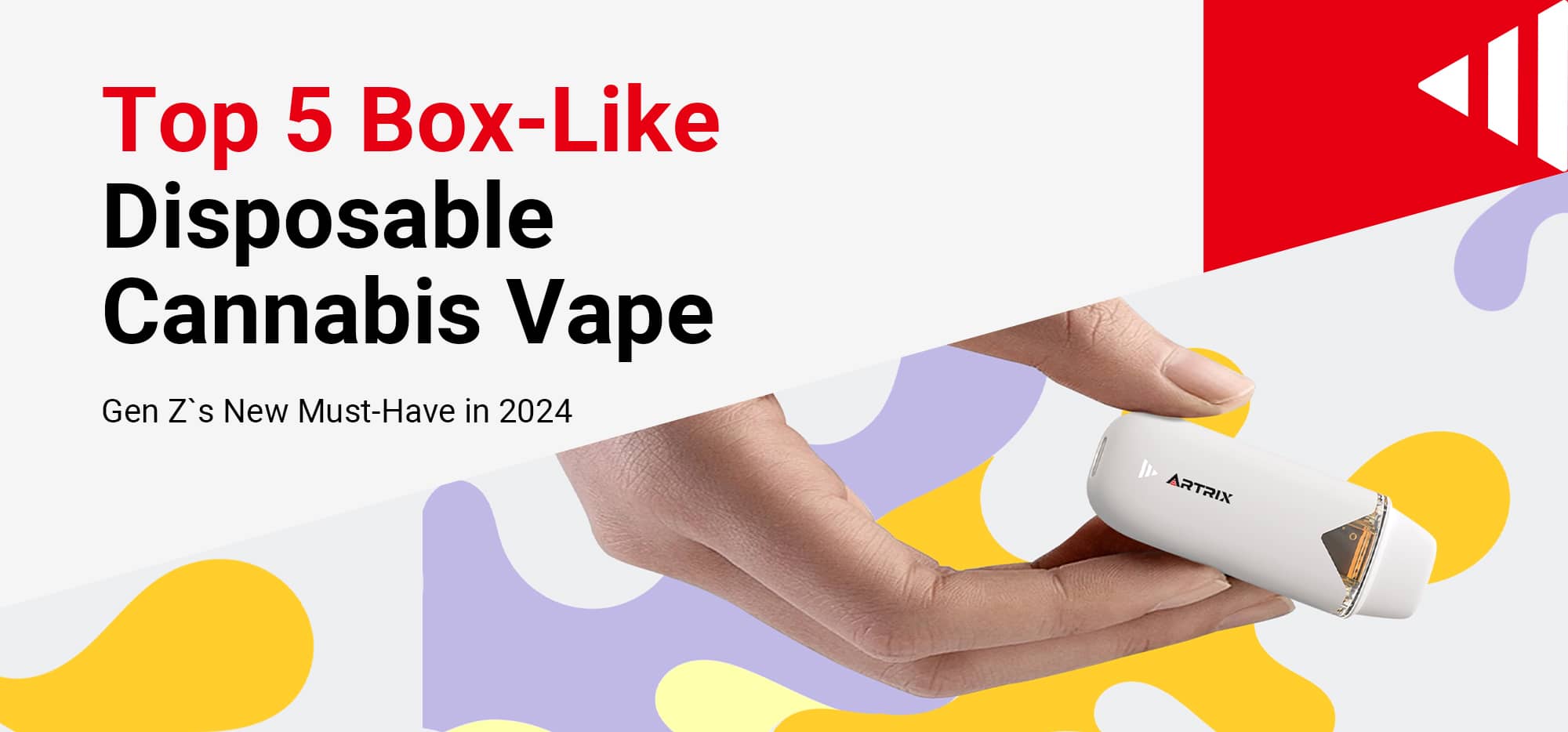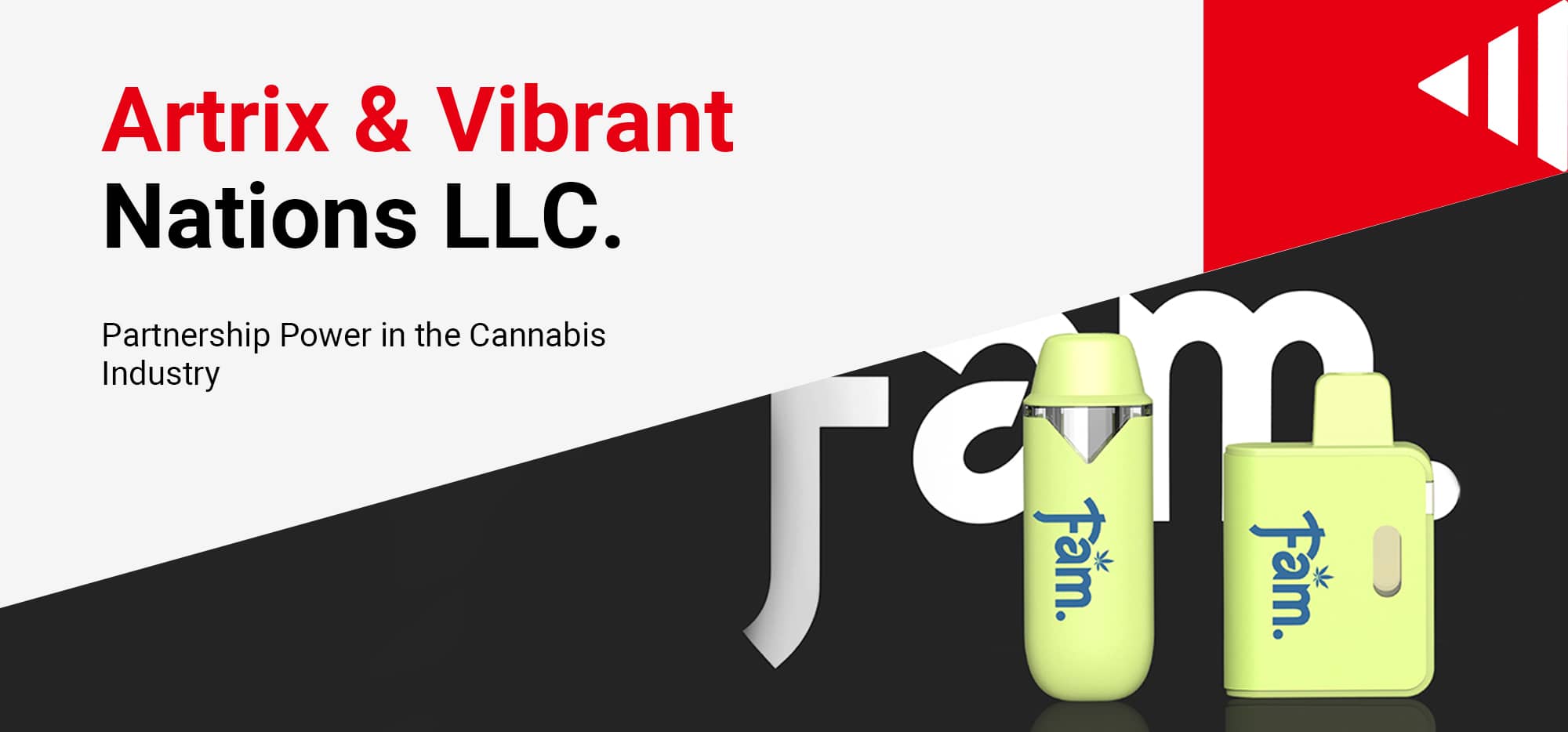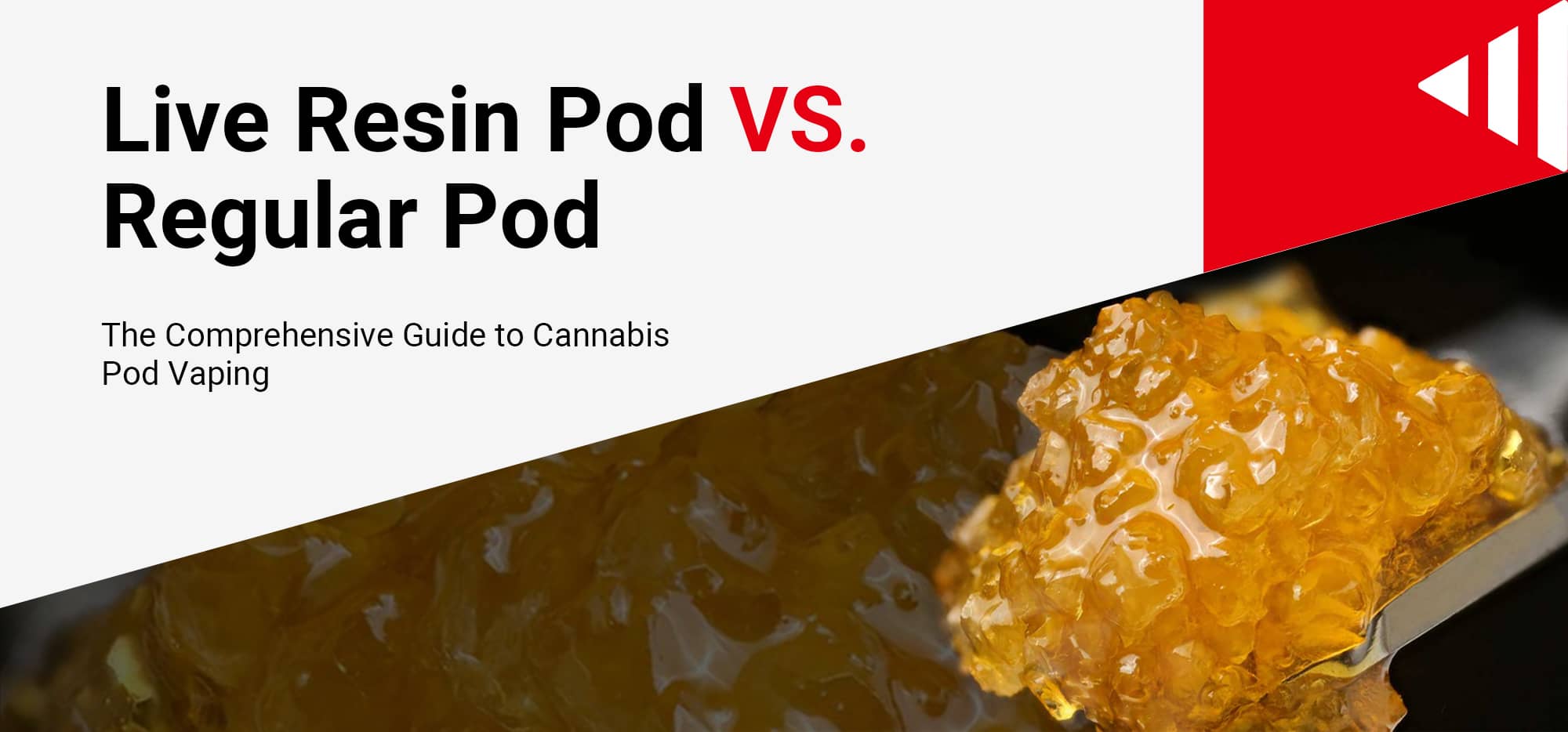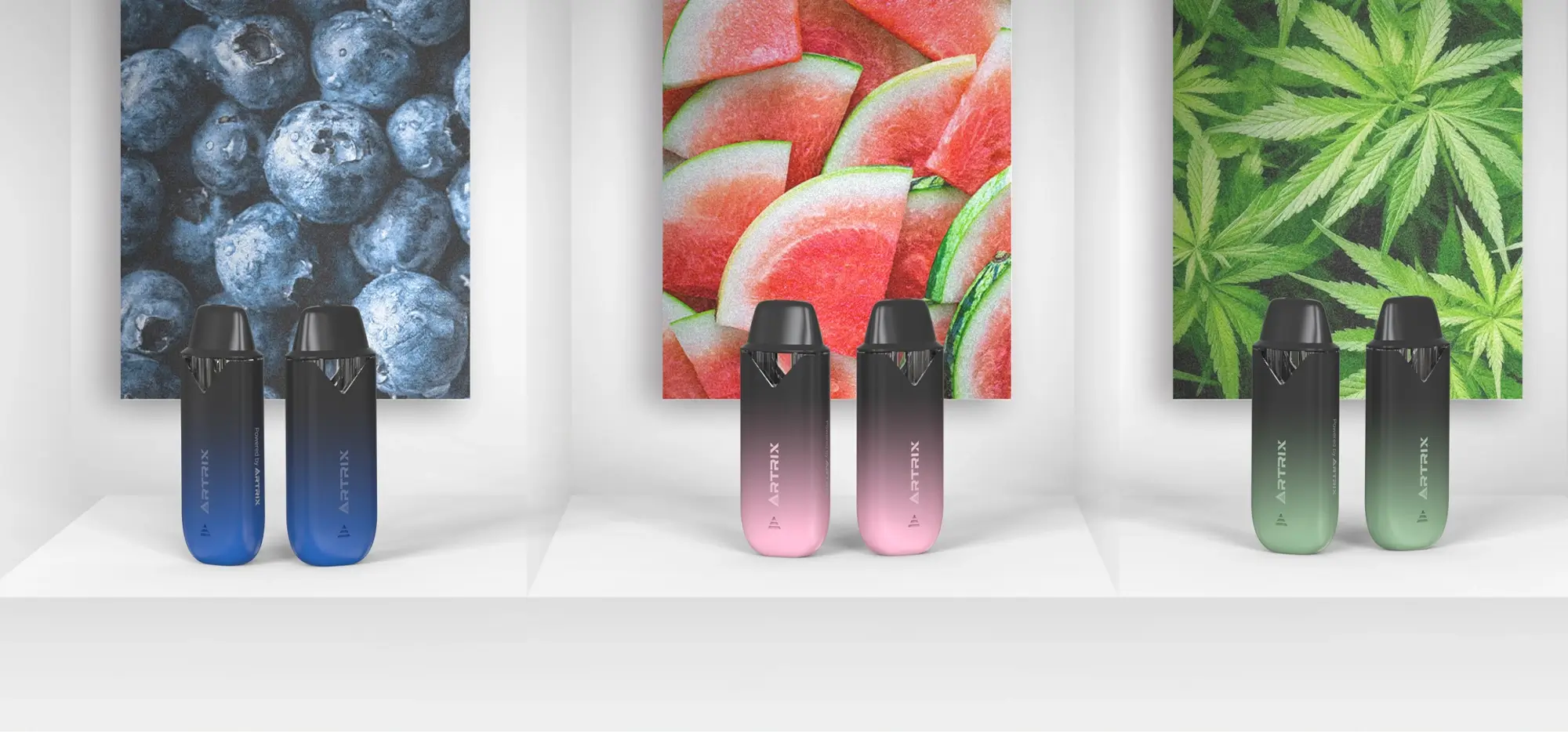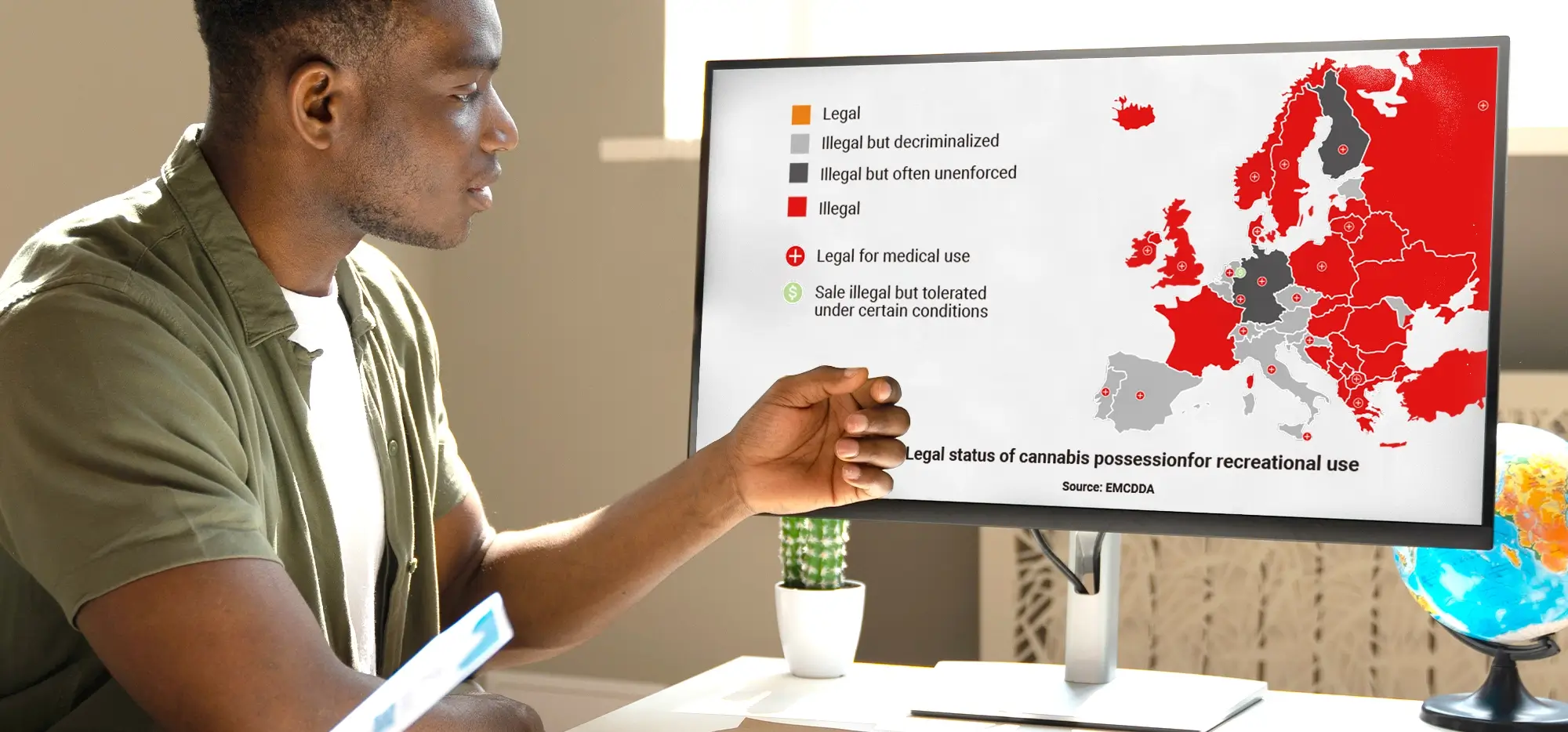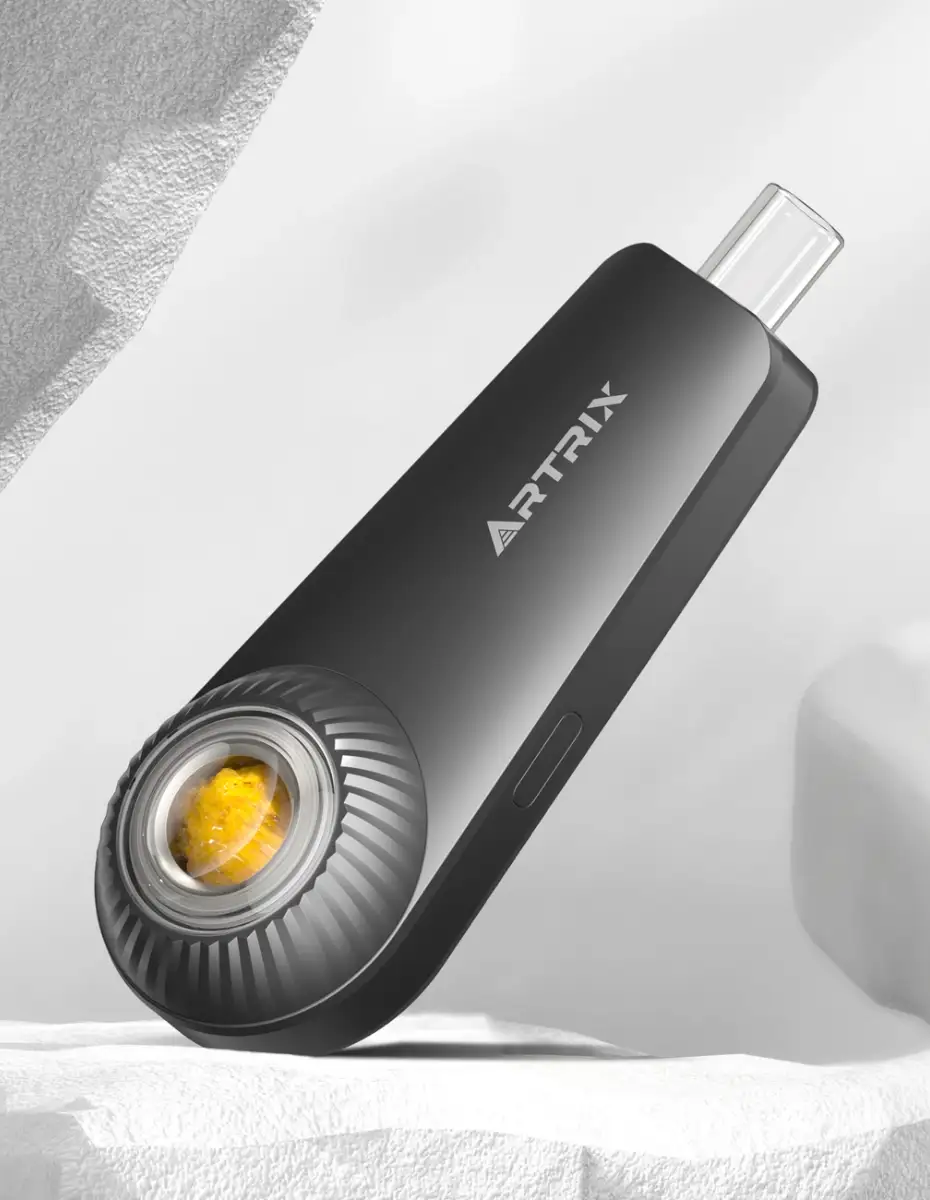THCa 101: Benefits and Effects
Curious about the buzz surrounding our new THCa vape devices? Wondering, “What exactly is THCa?” You’ve come to the right place. THCa, or Tetrahydrocannabinolic acid, is a fascinating compound found primarily in the raw cannabis plant. If you’ve ever perused lab results for cannabis products and noticed a high THCa content, you might have questions about how it impacts the psychoactive effects of marijuana. You’re certainly not alone in this curiosity.
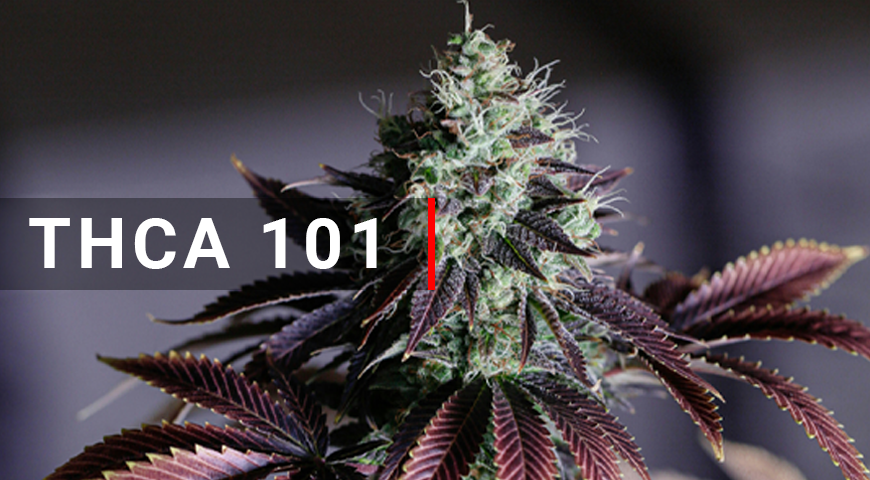
Understanding THCa: The Non-Psychoactive Precursor
At its core, THCa is a non-psychoactive cannabinoid. This means that consuming raw, fresh cannabis – be it in a juice or tossed into your salad – won’t induce the characteristic “high” associated with marijuana. But the intriguing question remains: how does a non-psychoactive compound like THCa contribute to the euphoric sensation reported by many users?
Decarboxylation: The Key to Cannabis Potency
The answer lies in a transformative process called decarboxylation. This process occurs when cannabis is subjected to heat, whether through smoking, vaporizing, or baking. During decarboxylation, THCa undergoes a chemical change, converting into delta-9-tetrahydrocannabinol (THC), the main psychoactive element in cannabis. Therefore, while THCa in its natural, raw state isn’t intoxicating, its conversion to THC through decarboxylation unlocks a potent experience for cannabis users.
Is THCa Safe to Smoke?
THCa itself is non-toxic and considered safe. However, when you smoke it, the heat converts THCa to psychoactive THC, so you’re essentially smoking regular cannabis with all the same effects and risks – including respiratory irritation from combustion and potential psychoactive effects.
Safety Factors to Consider:
- – Respiratory Health: Like any inhaled substance, smoking THCa can potentially irritate the respiratory system. THCa disposable vaping is generally considered a safer alternative to smoking as it produces fewer harmful combustion byproducts and operates at lower temperatures.
- – Dosage Control: THCa products can be potent once heated and converted to THC. Start with small amounts to gauge your tolerance, especially if you’re new to cannabis or haven’t used it recently.
- – Product Quality: Ensure you’re purchasing THCa products from reputable sources that provide third-party lab testing results. This helps verify purity and potency while ensuring the absence of harmful contaminants like pesticides, heavy metals, or residual solvents.
- – Individual Health Conditions: People with respiratory conditions, heart problems, or mental health issues should consult with healthcare professionals before smoking or vaping any cannabis products, including THCa.
- – Legal Considerations: While THCa exists in a legal gray area in many jurisdictions due to its non-psychoactive nature in raw form, smoking it converts it to THC, which may have different legal implications depending on your location.
Overall, when used responsibly and purchased from quality sources, smoking THCa is generally considered as safe as consuming traditional cannabis products, though vaping is typically the preferred method for those concerned about respiratory health.
Does THCa Get You High?
The short answer: THCa itself doesn’t get you high, but smoking it will.
Here’s the important distinction: THCa in its raw, natural form is completely non-psychoactive and will not produce any intoxicating effects. However, when you smoke, vape, or apply heat to THCa, it undergoes a chemical transformation called decarboxylation that converts it into THC – and that’s what gets you high.
How the Process Works:
When THCa is heated through smoking or vaping, the heat removes a carboxyl group from the THCa molecule, converting it into delta-9-THC. This newly formed THC then interacts with your body’s endocannabinoid system (ECS), specifically binding to CB1 receptors in the brain. This receptor binding is what triggers the euphoric sensations, mood changes, and classic “high” associated with cannabis use.
Key Points to Remember:
- Raw THCa = No psychoactive effects
- Heated THCa (smoking/vaping) = Converts to THC = Psychoactive effects
- THCa carts and disposable vapes work by heating the THCa during use, causing this conversion
- The amount of THC produced depends on the temperature and duration of heating
THCA Positive and Side Effects
THCA appears to be generally safe and non-psychoactive with potential anti-inflammatory and neuroprotective benefits, though users should start with small doses and be aware of possible mild digestive effects and drug interactions.
Positive Effects
1. Anti-Inflammatory Properties
Research demonstrates that THCA possesses significant anti-inflammatory benefits, effectively alleviating symptoms of various inflammation-related conditions. Preclinical studies have found that THCA can inhibit the production of pro-inflammatory cytokines, showing therapeutic potential for the following conditions:
- a. Arthritis and rheumatic diseases
- b. Autoimmune diseases (such as lupus)
- c. Inflammatory bowel disease
- d. Chronic pain conditions
Unlike THC, THCA does not produce psychoactive effects, making it an ideal choice for patients who need to maintain mental clarity.
2. Neuroprotective Properties
Multiple studies suggest that THCA may have protective effects on the nervous system. Its potential benefits include:
- a. Reducing oxidative stress damage to neurons
- b. Potentially slowing the progression of neurodegenerative diseases such as Parkinson’s and Alzheimer’s
- c. Possible adjuvant therapeutic effects for multiple sclerosis patients
- d. Protecting the brain from ischemic injury
3. Other Potential Benefits
- Anti-emetic effects: Provides relief from chemotherapy-induced nausea and vomiting
- Appetite regulation: May help improve loss of appetite
- Antioxidant properties: Helps eliminate free radicals in the body
Common Side Effects
THCA is generally considered safe and non-psychoactive in its raw form. However, users should be aware of the following possible side effects:
Digestive Issues:
- Mild stomach discomfort, nausea, or upset stomach
- Diarrhea or loose stools with large doses
- Indigestion or bloating
- Changes in appetite or taste
Physical Reactions:
- Mild headaches, especially when starting use
- Dizziness or lightheadedness in sensitive individuals
- Dry mouth (cottonmouth)
- Fatigue or drowsiness in some users
- Mild changes in blood pressure
Allergic and Sensitivity Reactions:
- Skin rashes, itching, or hives
- Respiratory irritation (coughing, throat irritation)
- Eye redness or irritation
- Rare cases of more severe allergic reactions
Interaction and Metabolic Effects:
- Drug interactions with blood thinners, seizure medications, and other pharmaceuticals
- Potential interactions with supplements and herbal remedies
- May affect liver enzyme function with prolonged use
- Could influence blood sugar levels in diabetic patients
Psychological Effects (Rare with Raw THCA):
-
- Mild anxiety in extremely sensitive individuals
- Sleep pattern changes
- Mood fluctuations in some users
Safe Usage Precautions
- a. Start with small doses and gradually adjust to find the appropriate individual dosage
- b. Pregnant and breastfeeding women should avoid use
- c. Use with caution before driving or operating machinery
- d. Store away from high temperatures to prevent THCA from converting to THC
How Long Does THCA Stay in Your System?
Metabolism, body fat percentage, usage frequency can influence the duration on how long THCA remains in human’s body system. THCA like many other cannabinoids may linger in the body for days to several weeks depending on each individual’s biological condition and consumption amount. It is important to note that in hair, cannabinoids may be detected for longer-term to up for months.
In standard drug tests, they often target the THC metabolites, not THCA. However, since THCA can convert into THC in the body, it could potentially lead to a positive test result if the conversion is performed internally.
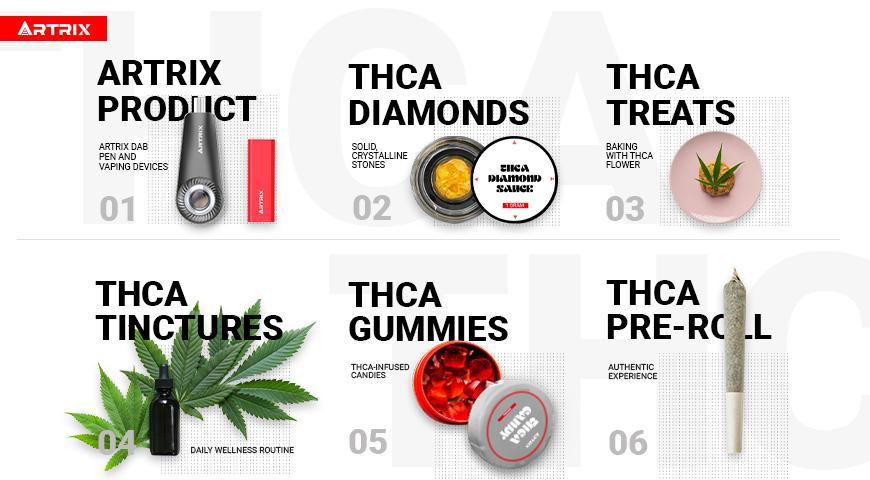
Conclusion
In its raw form, THCa delivers potential therapeutic benefits like anti-inflammatory and neuroprotective properties without any psychoactive effects, making it ideal for medical users seeking relief without impairment. However, when heated through smoking, vaping, or other decarboxylation methods, THCa transforms into THC, producing the classic euphoric high that recreational users desire. This versatility, combined with the growing availability of THCa vape products and disposables, allows consumers to customize their cannabis experience based on their specific needs and consumption method.
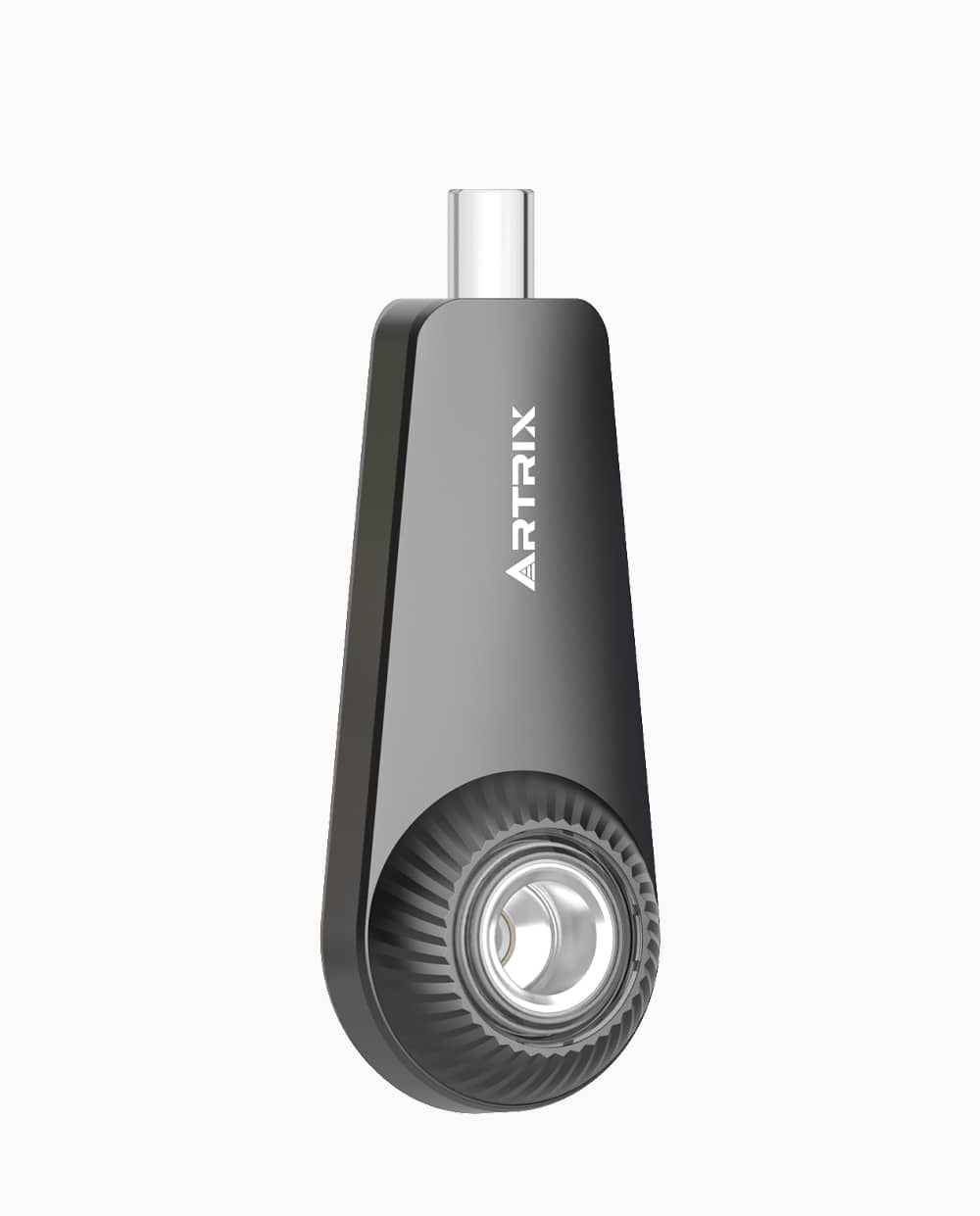
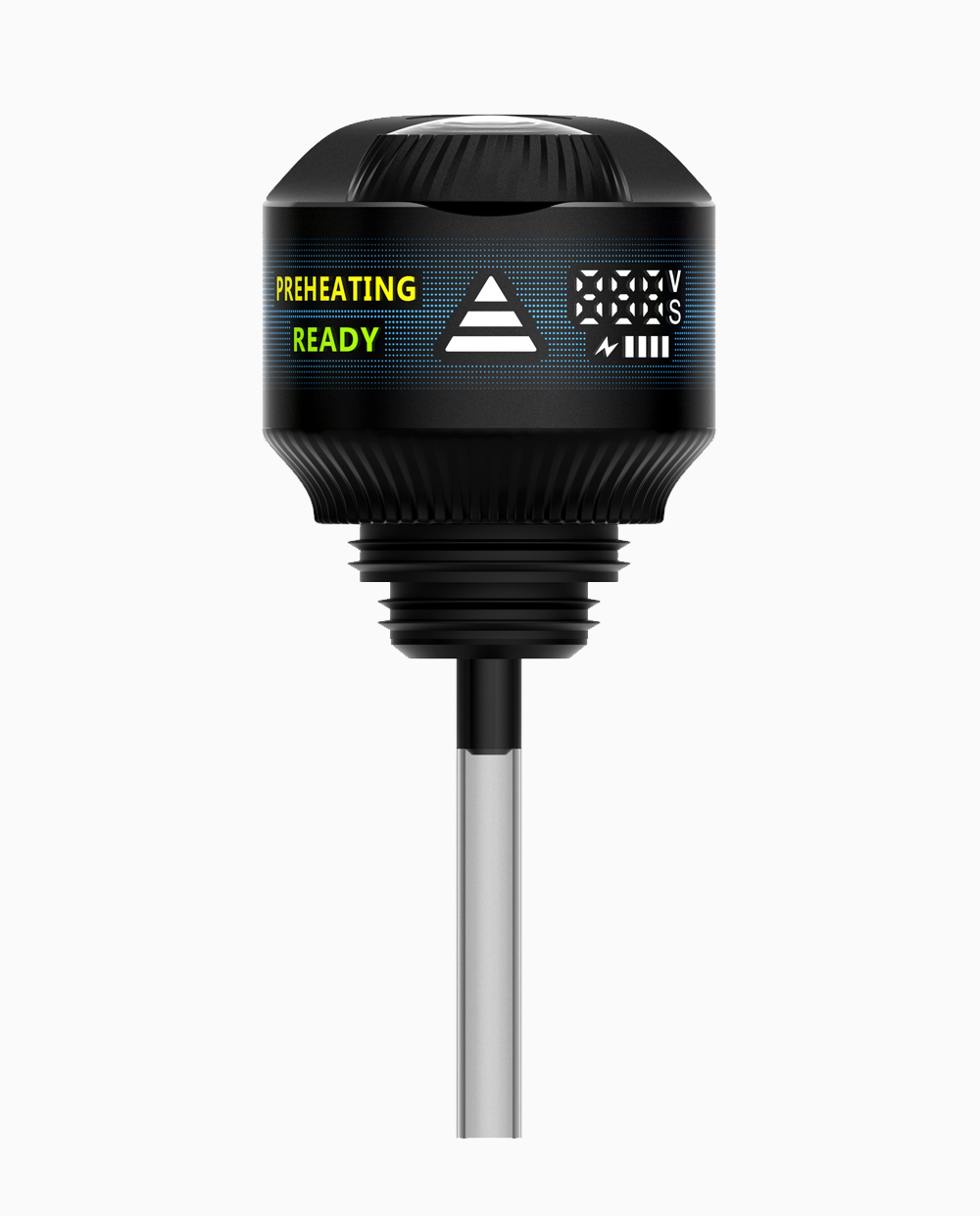
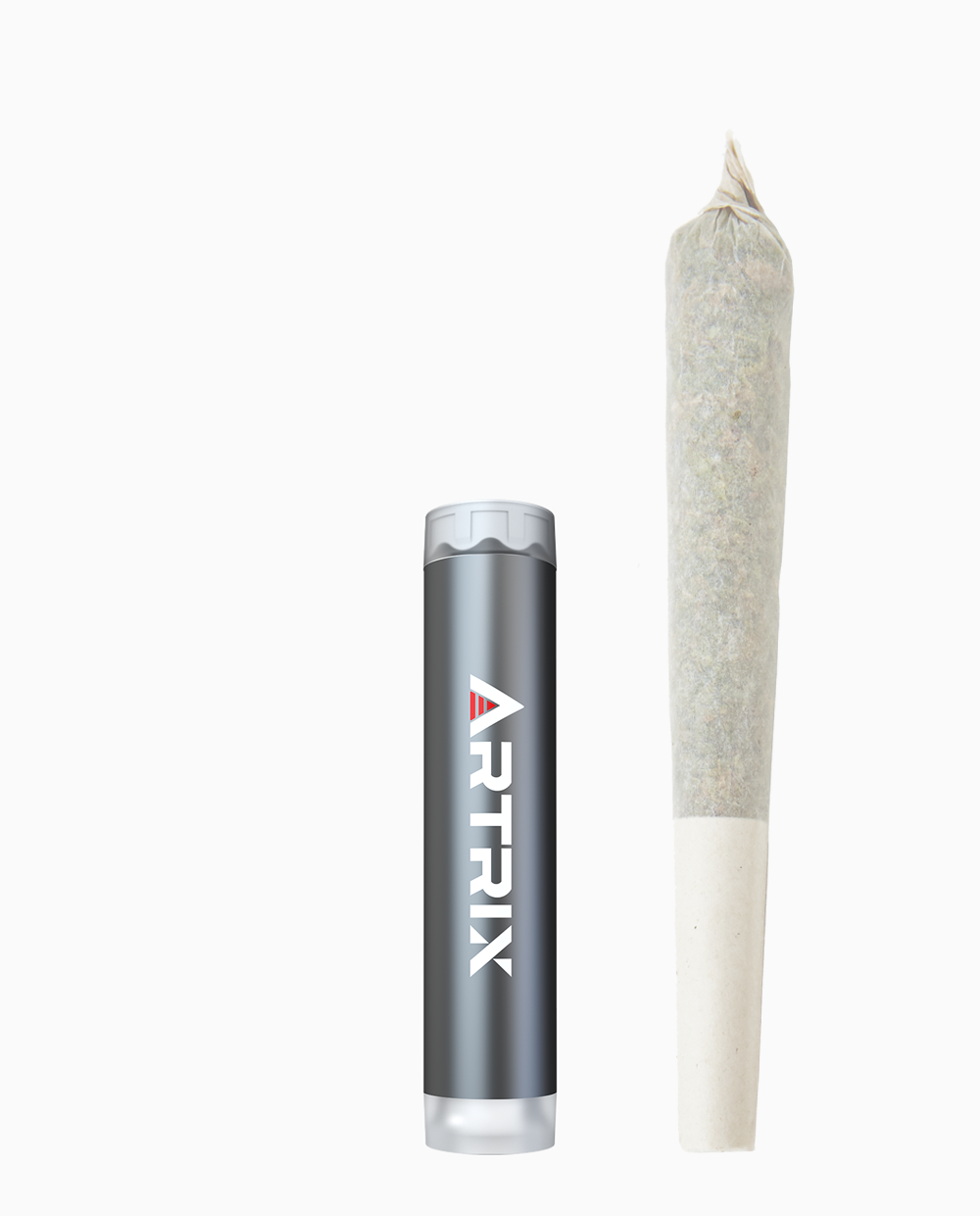
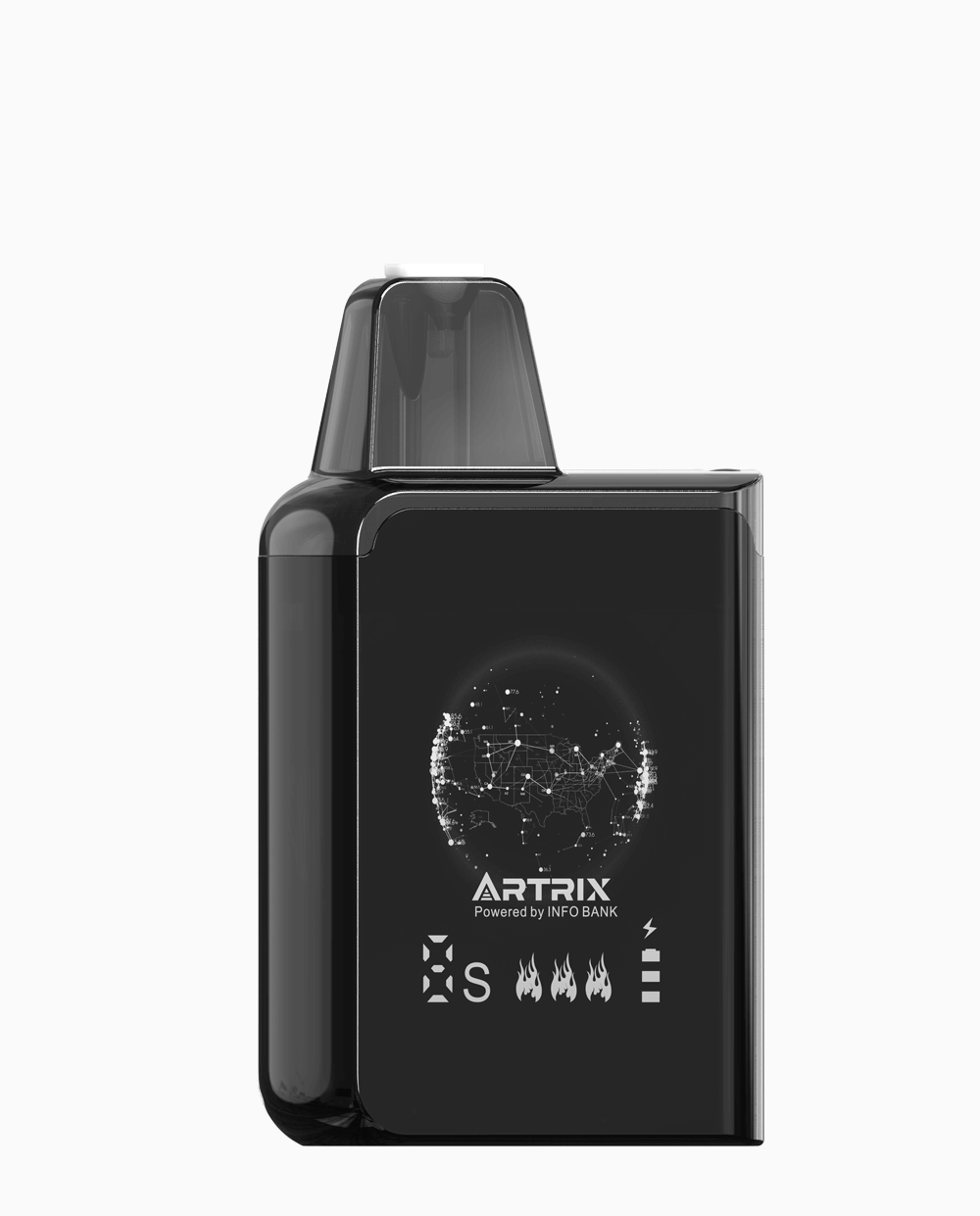
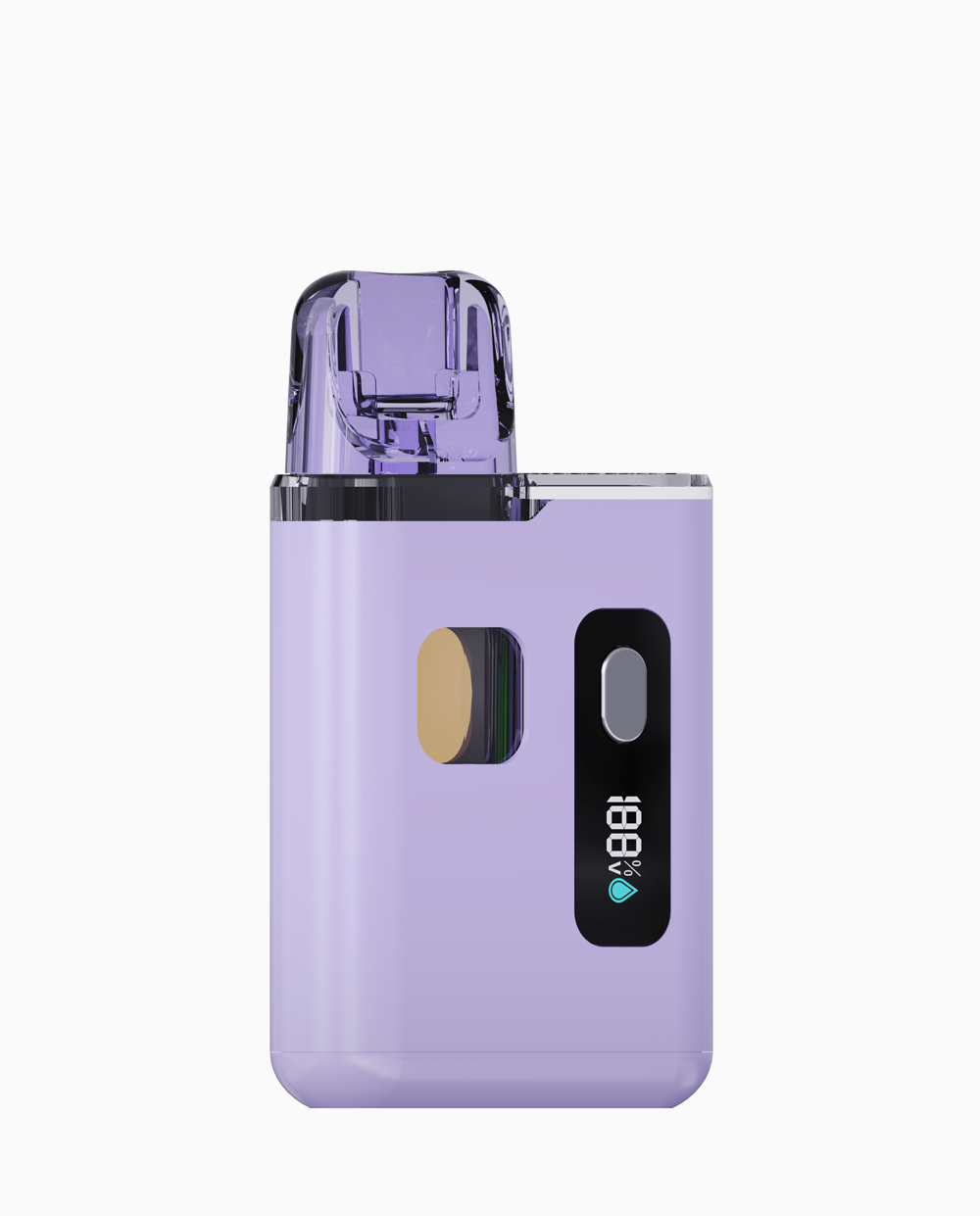
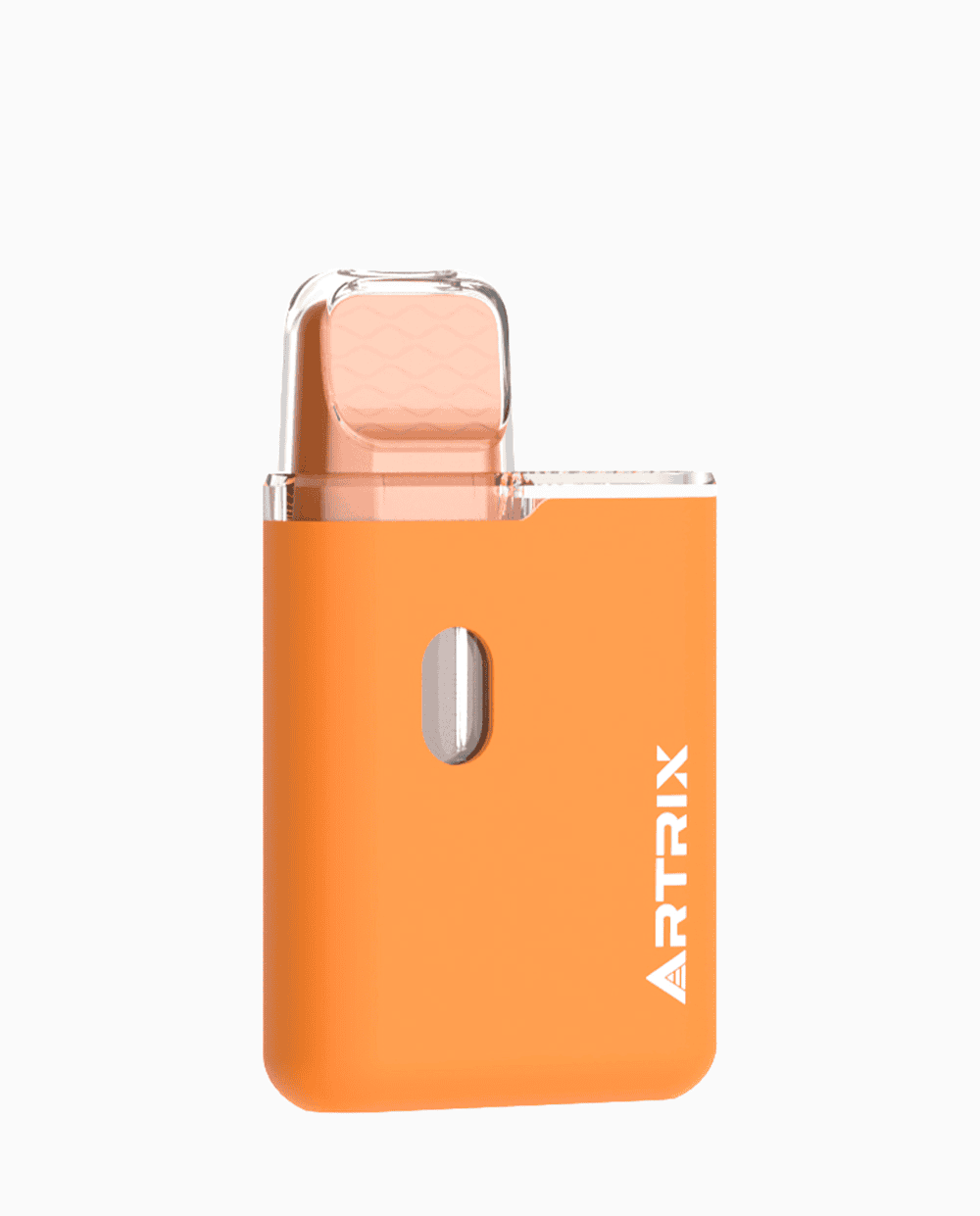
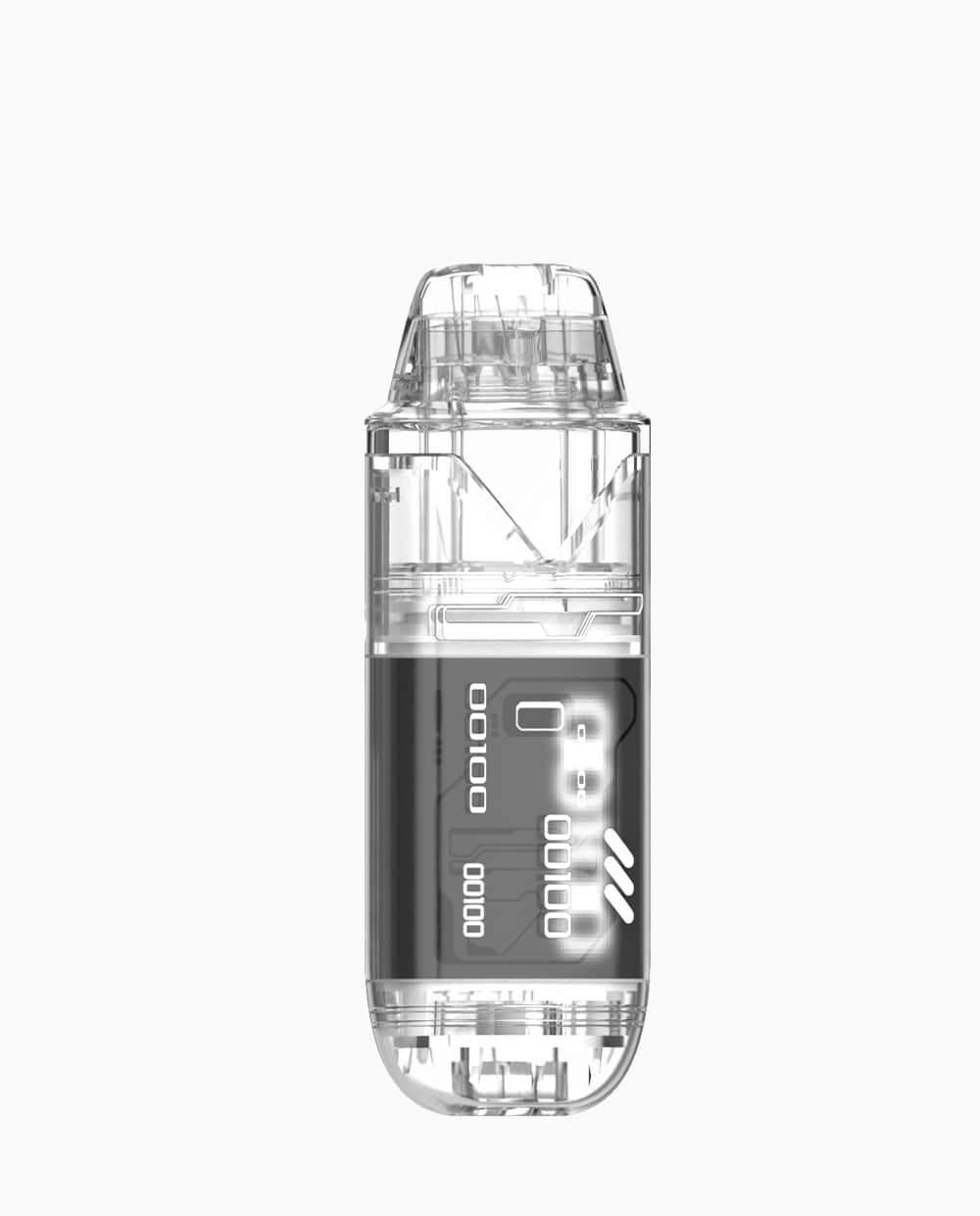
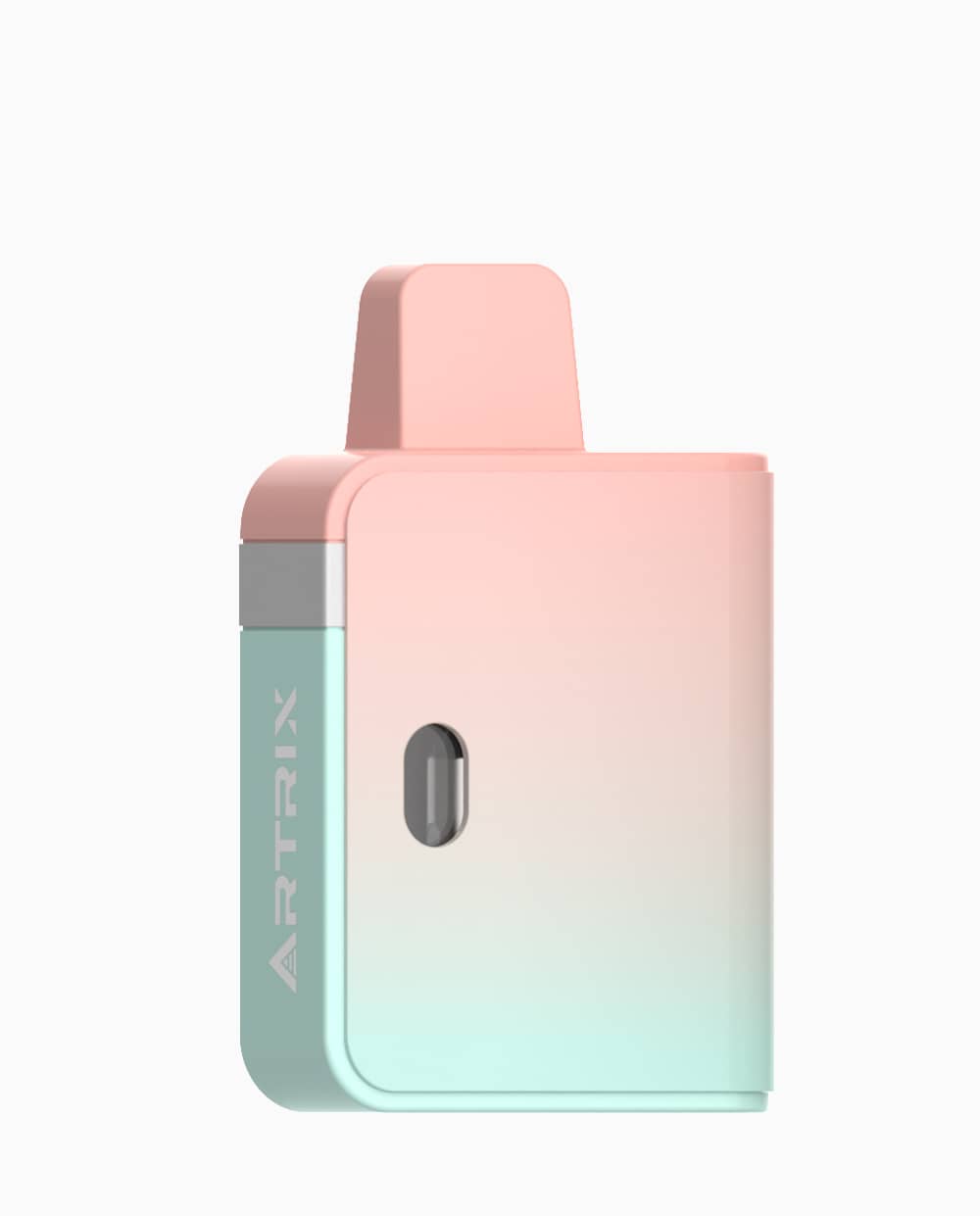
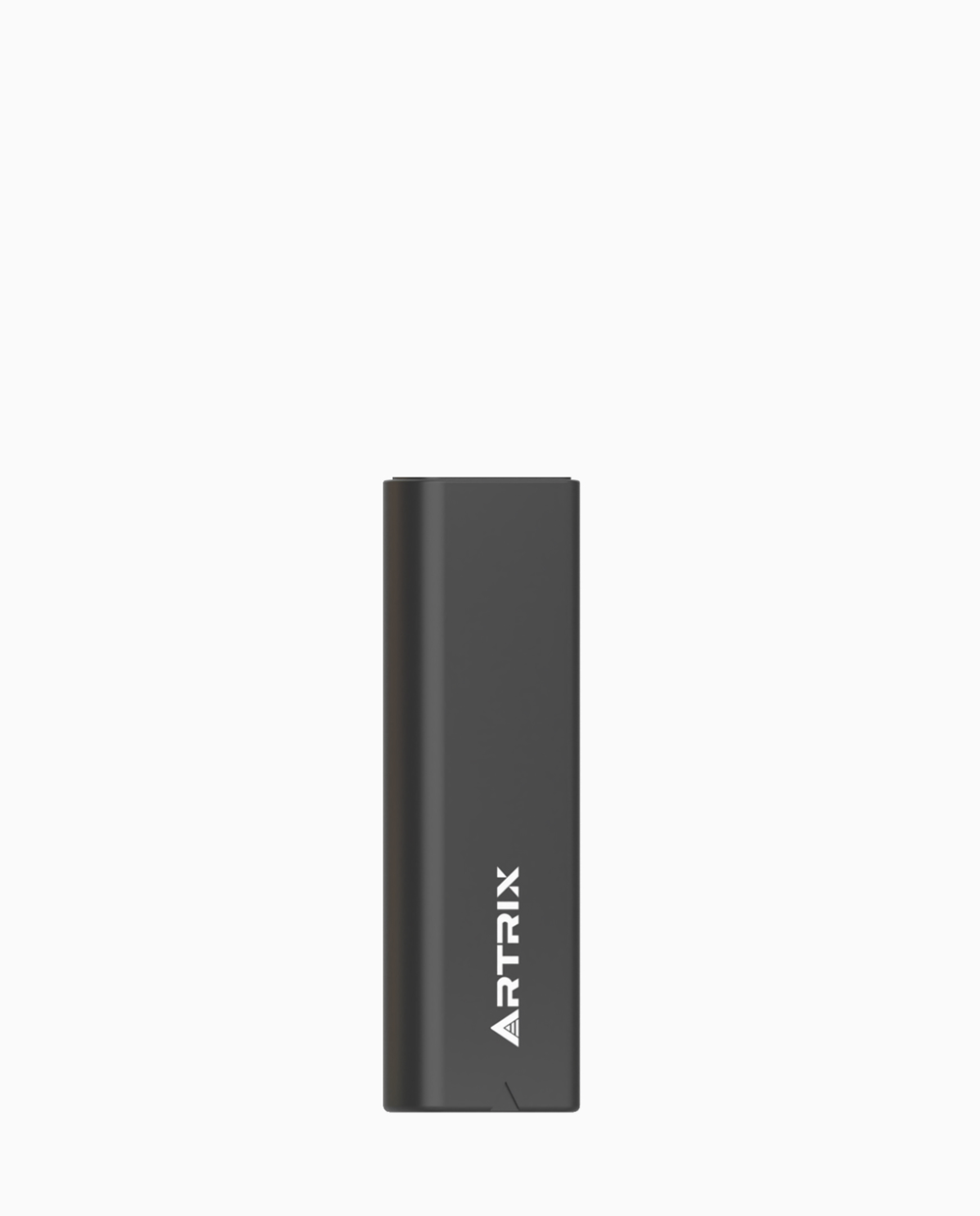

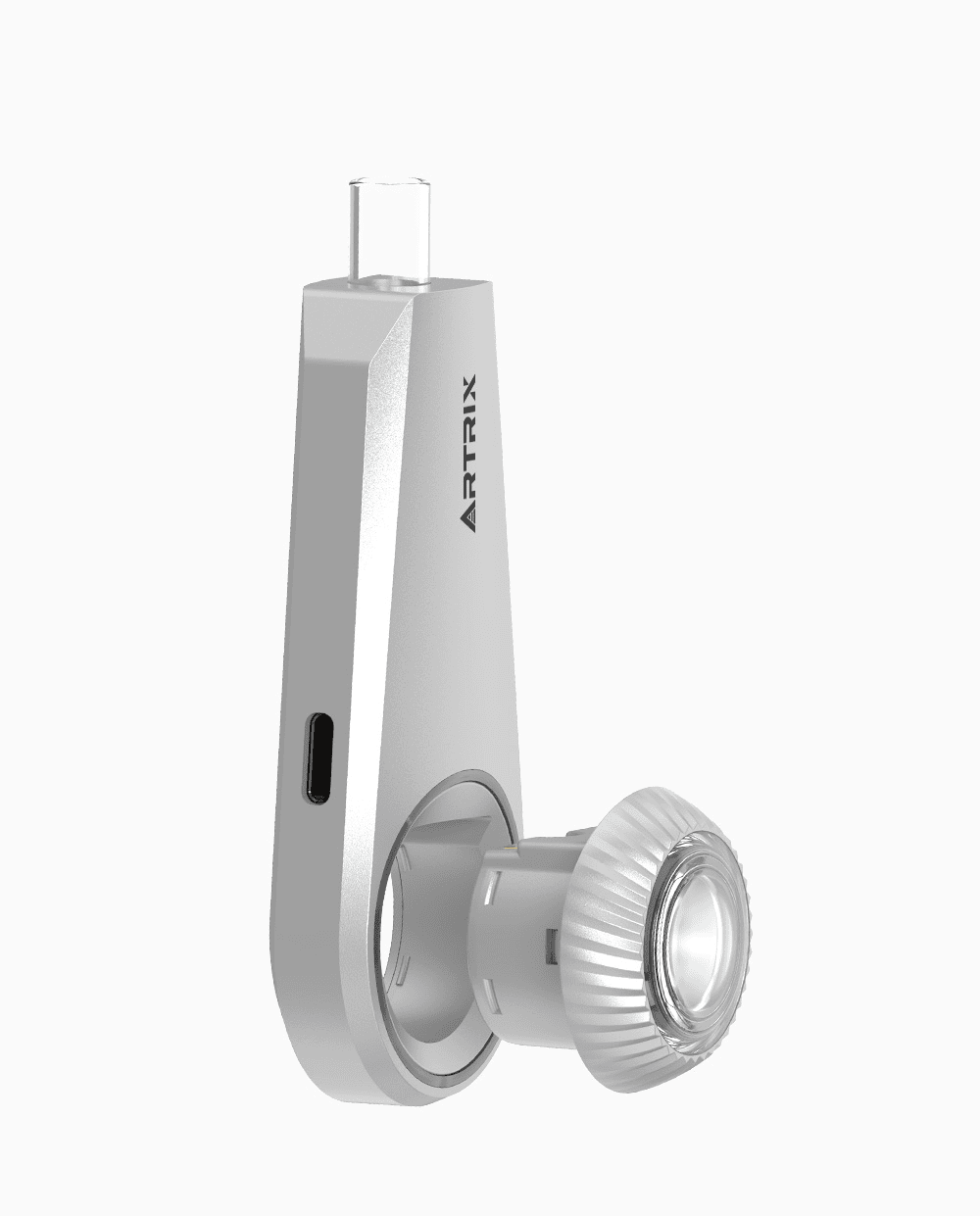
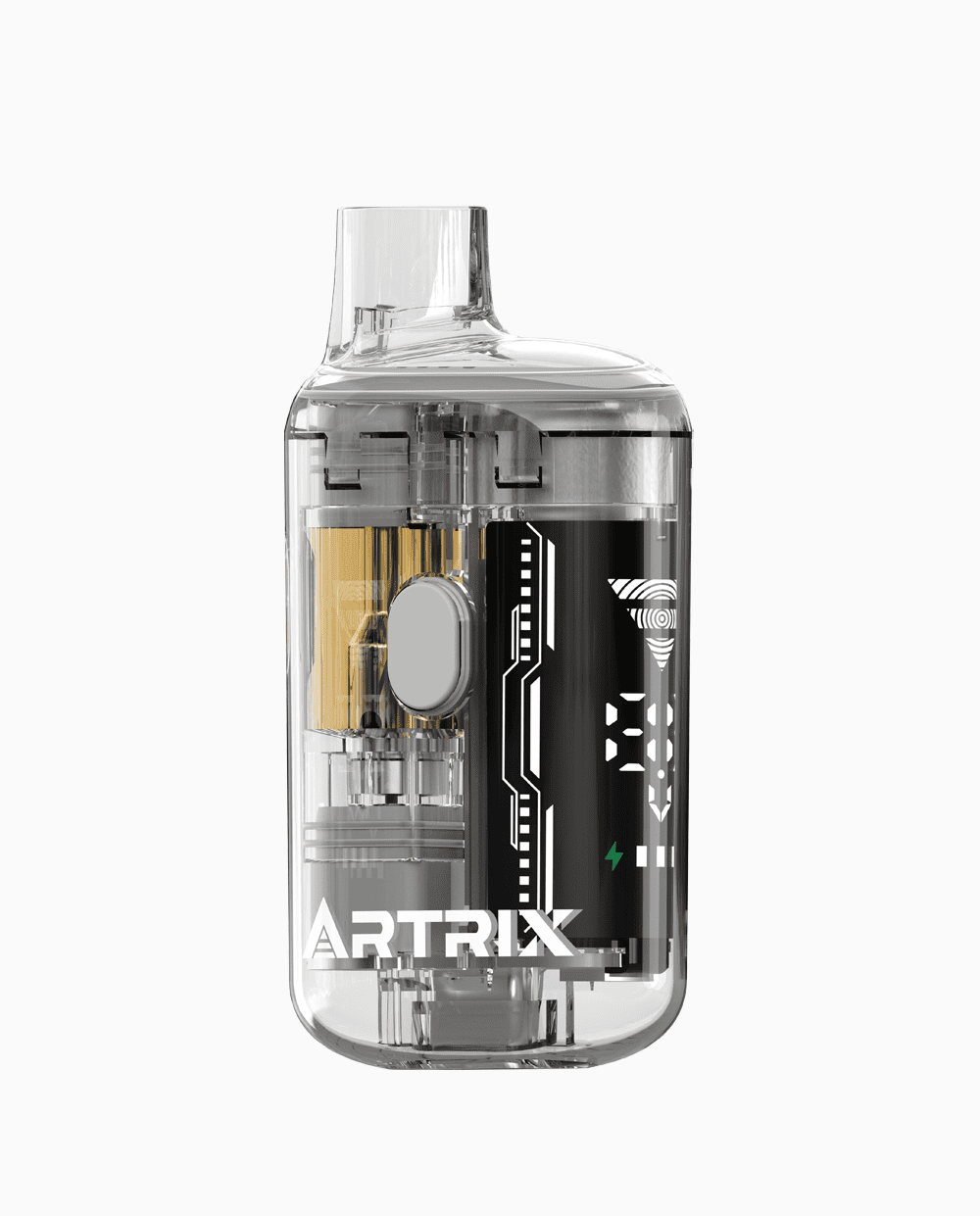
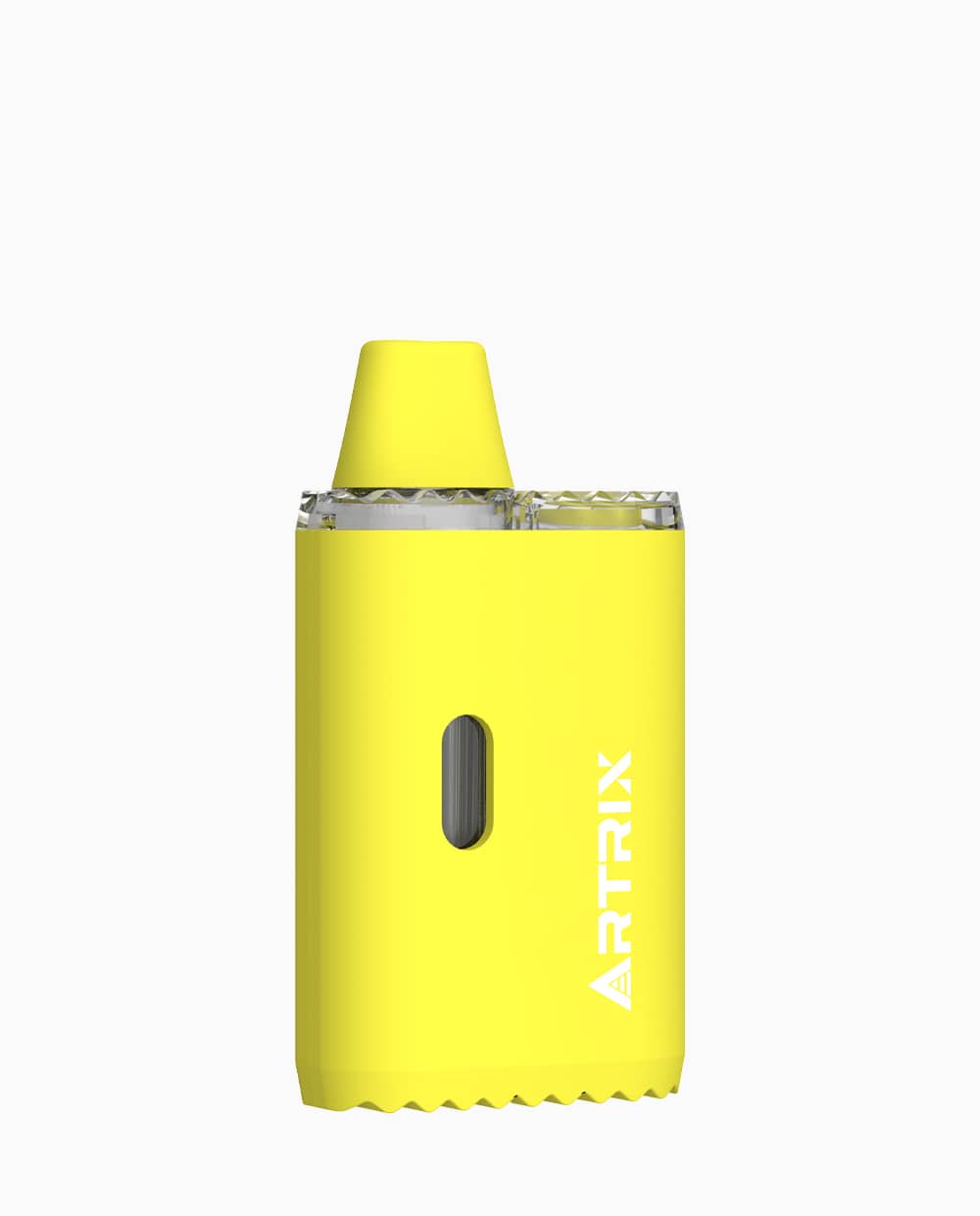
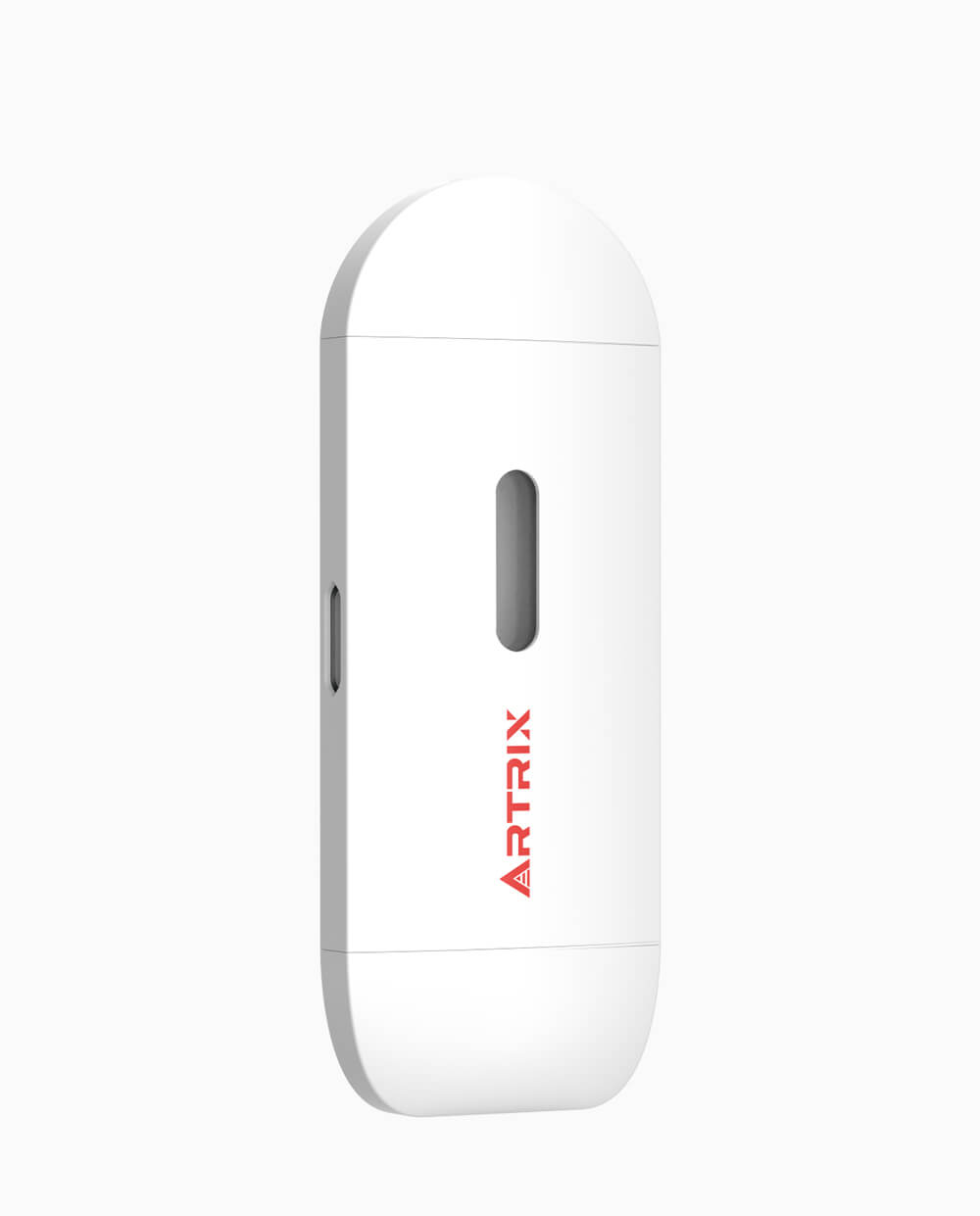
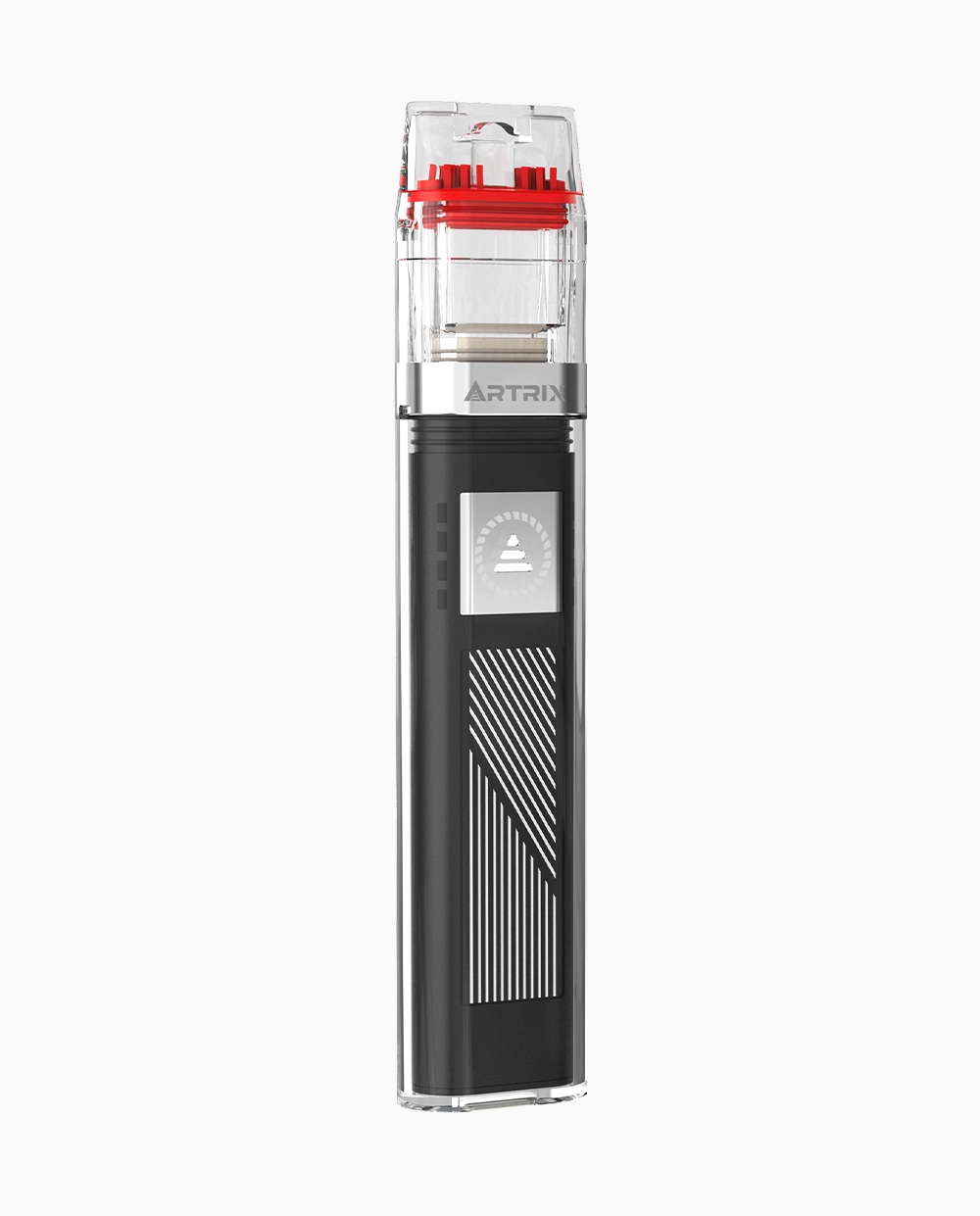
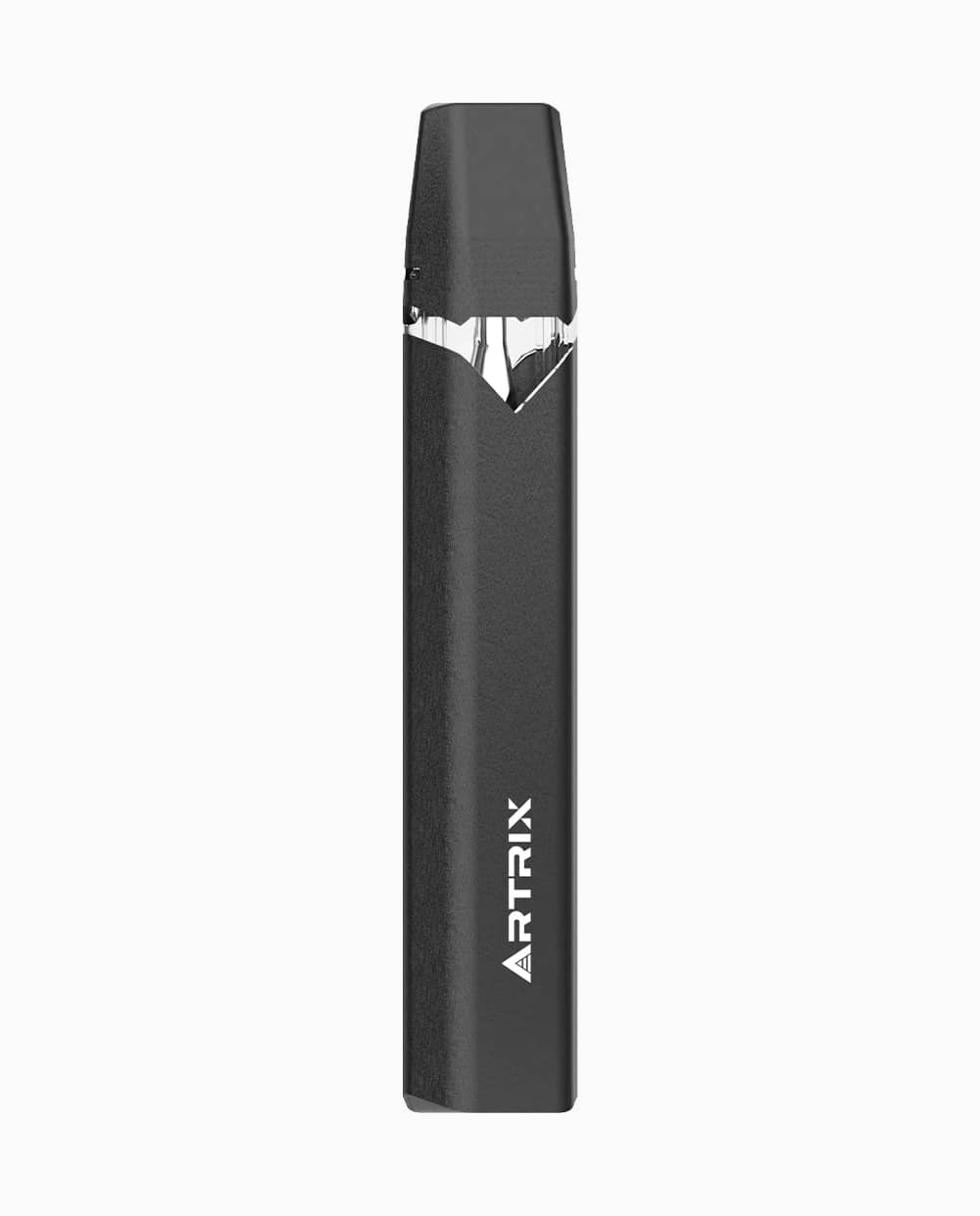
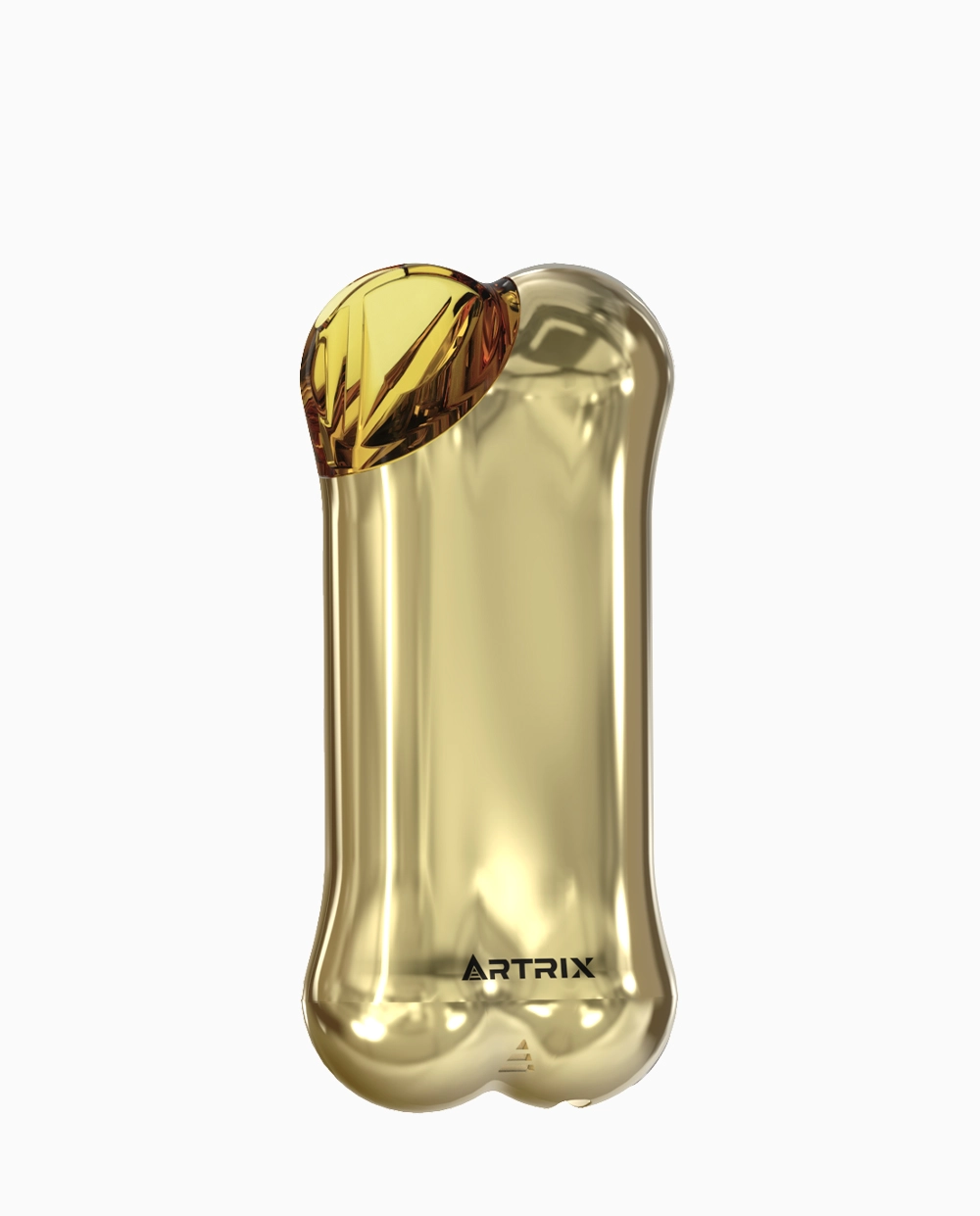
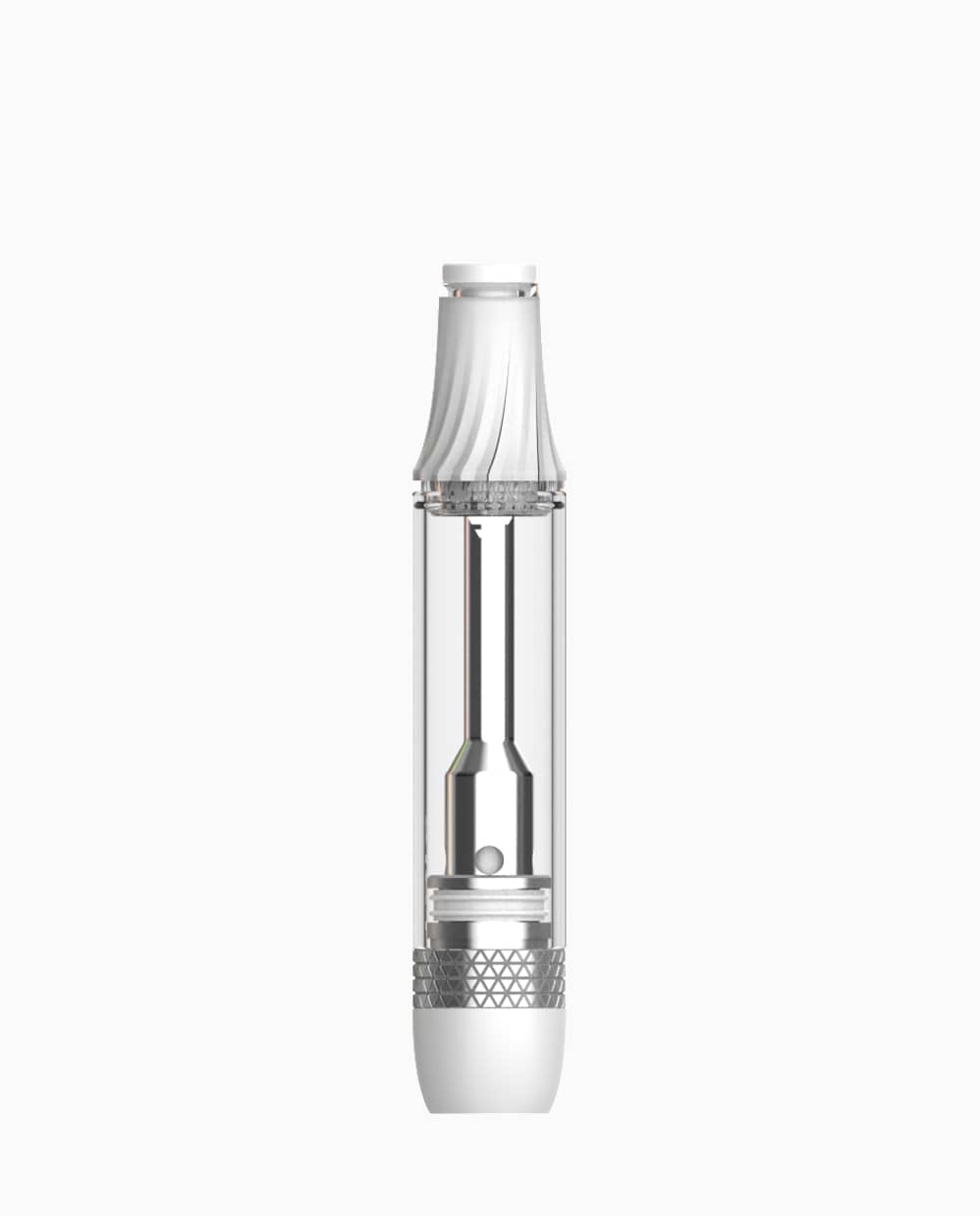

-1.webp)
-1.webp)
-2.webp)
